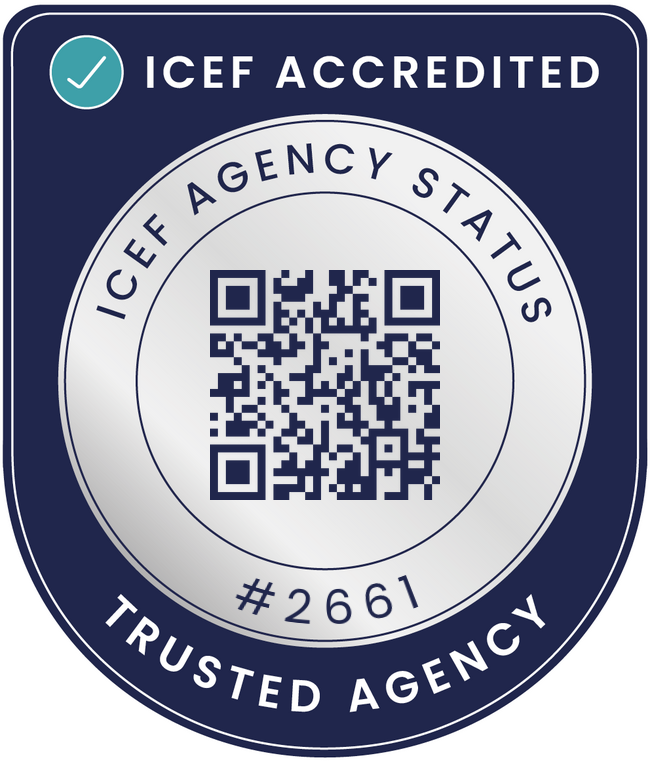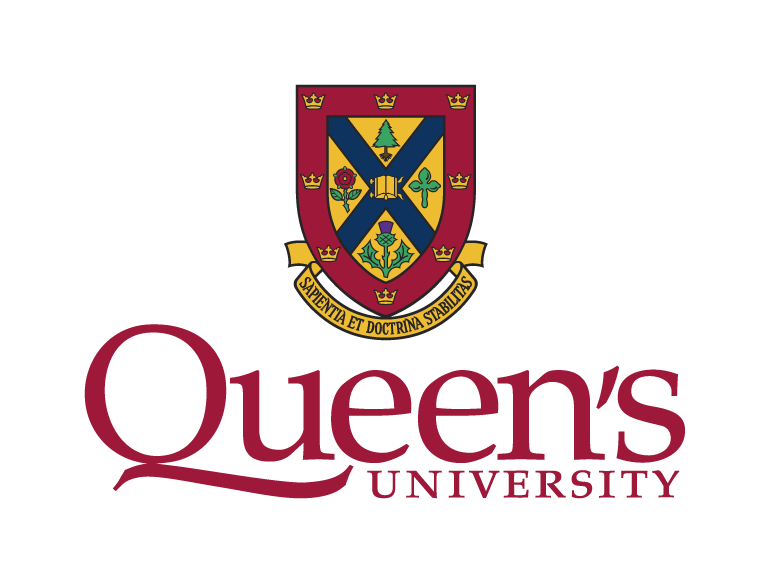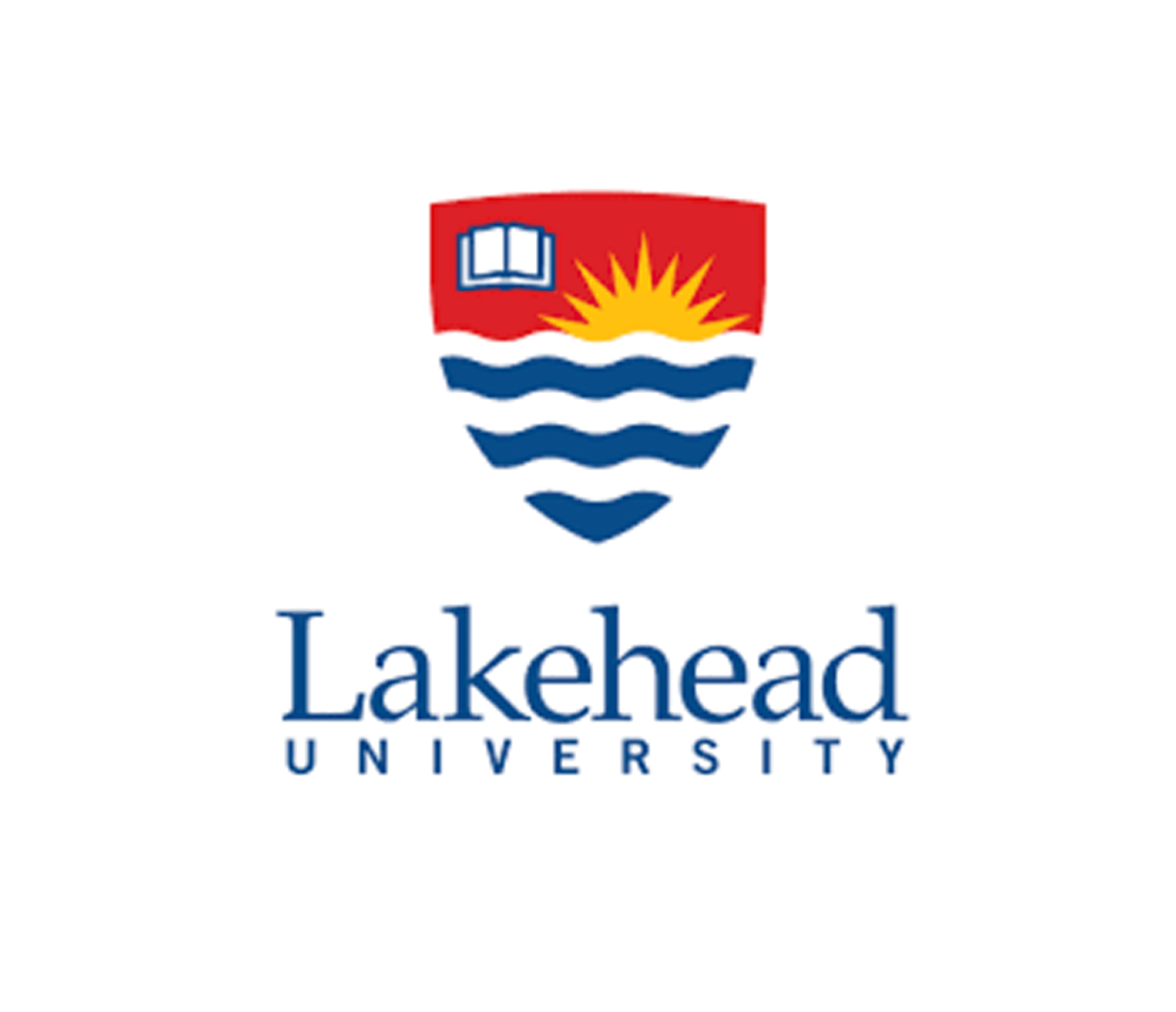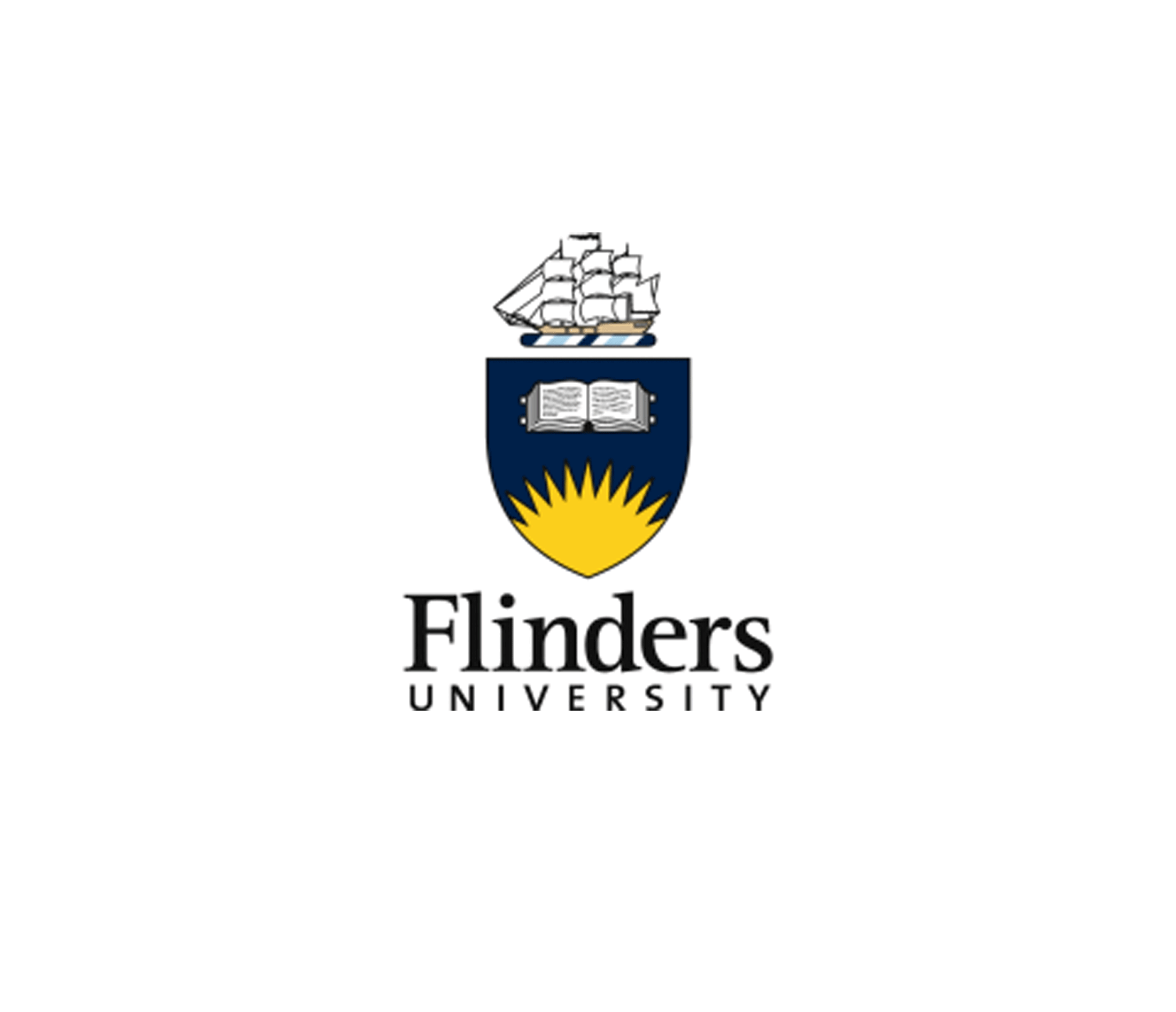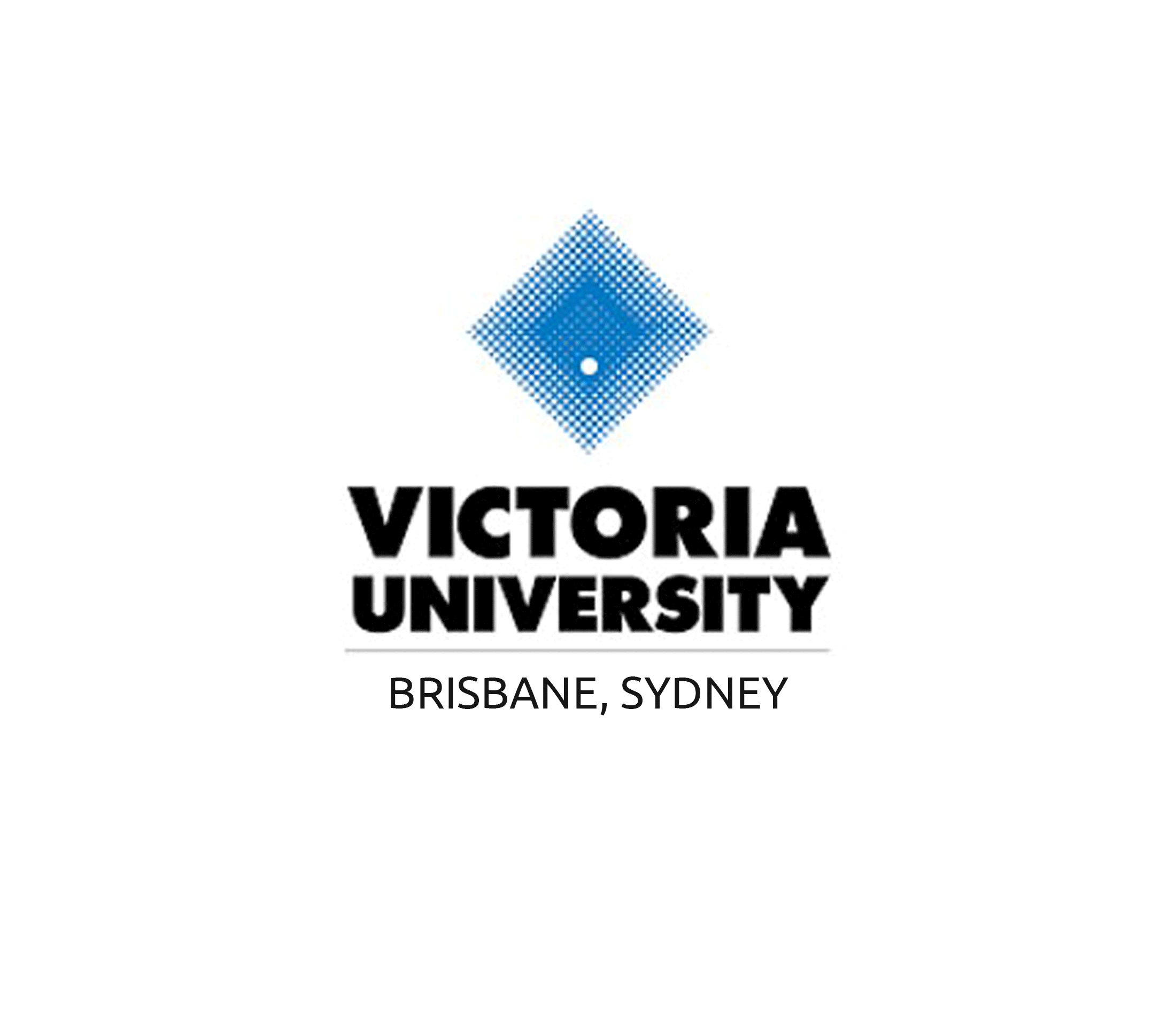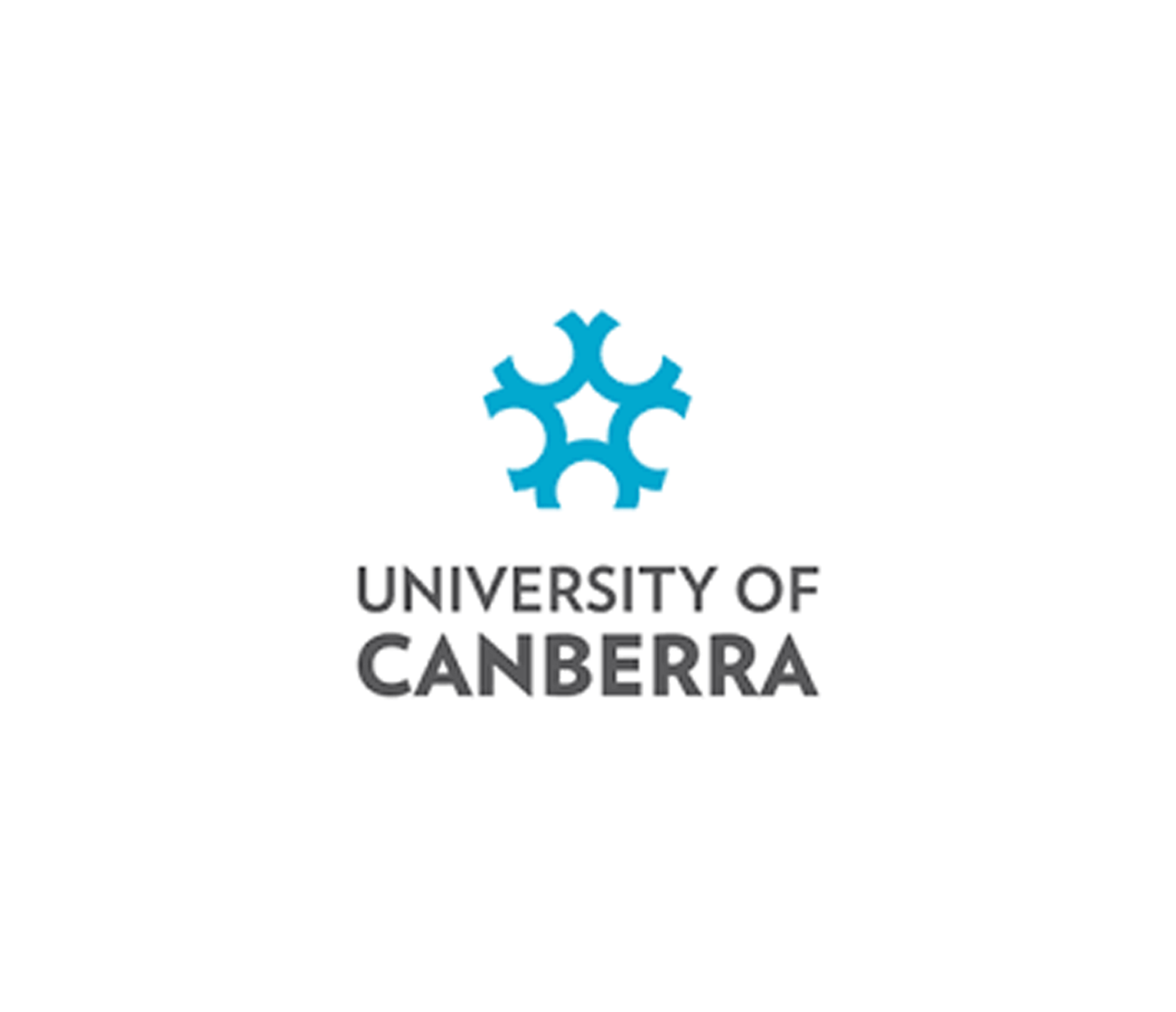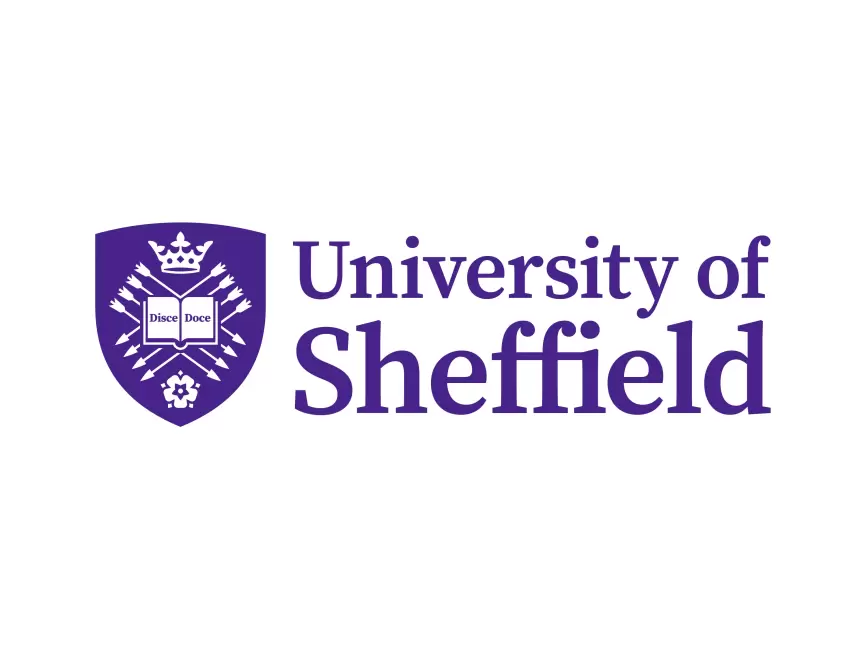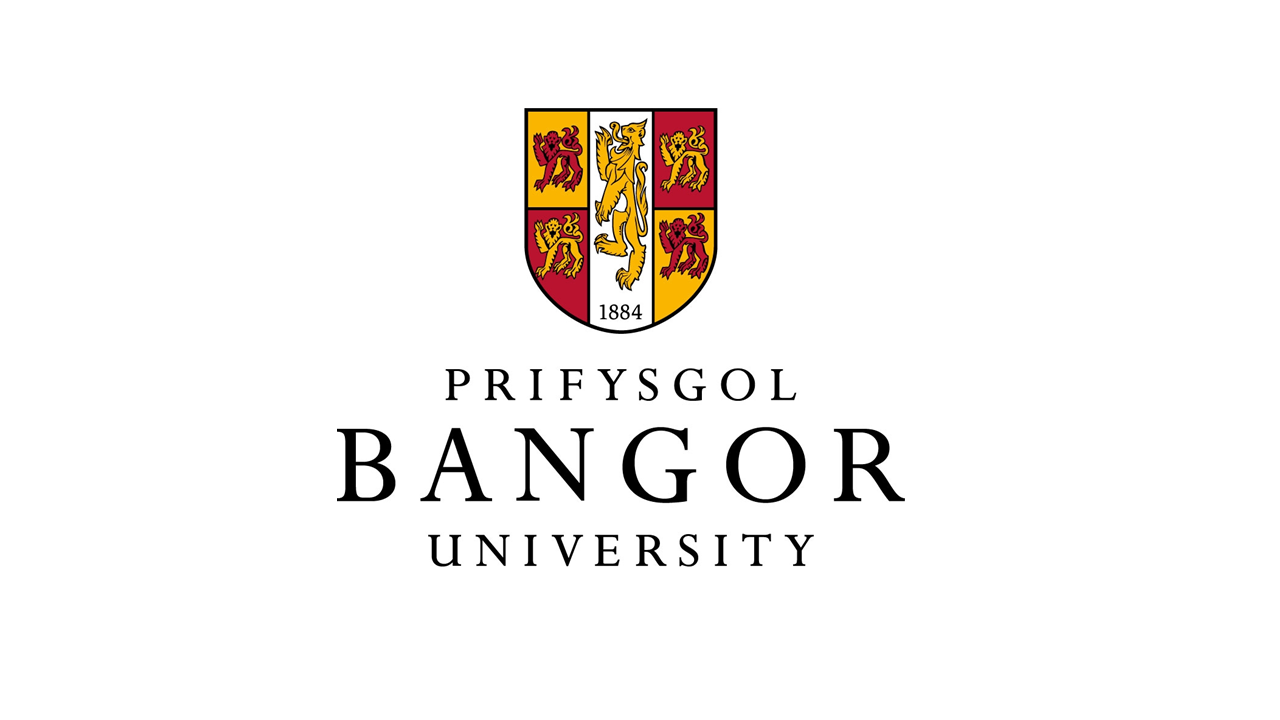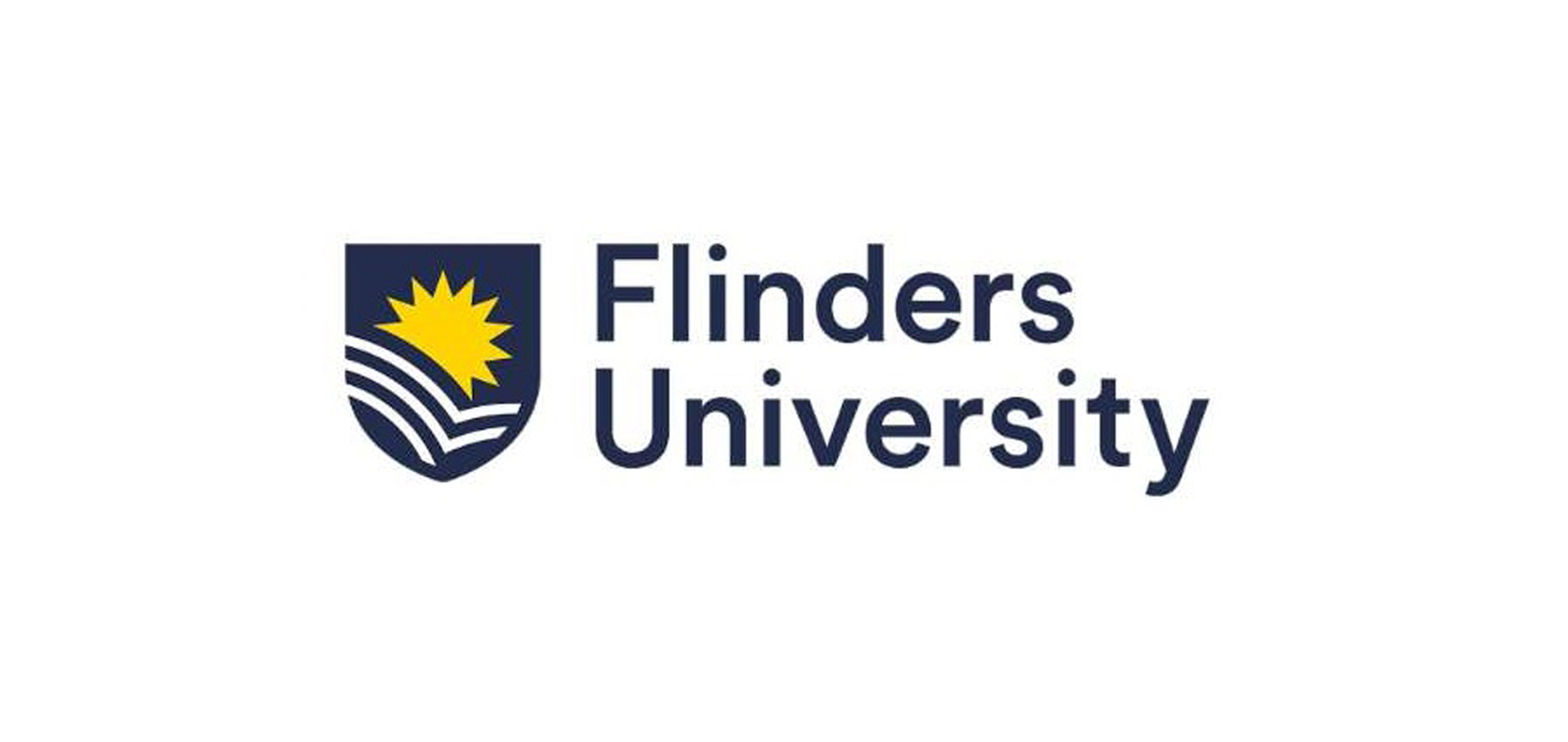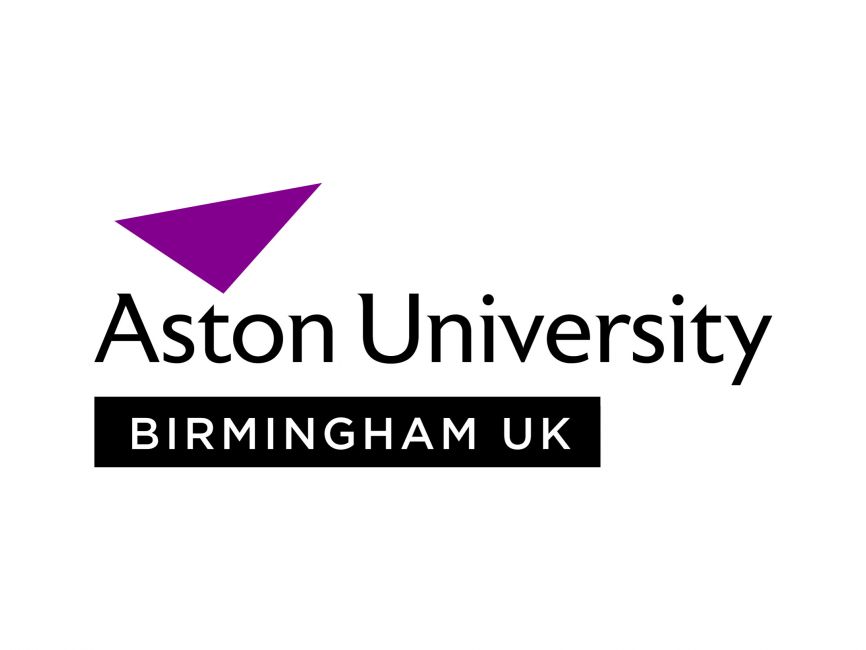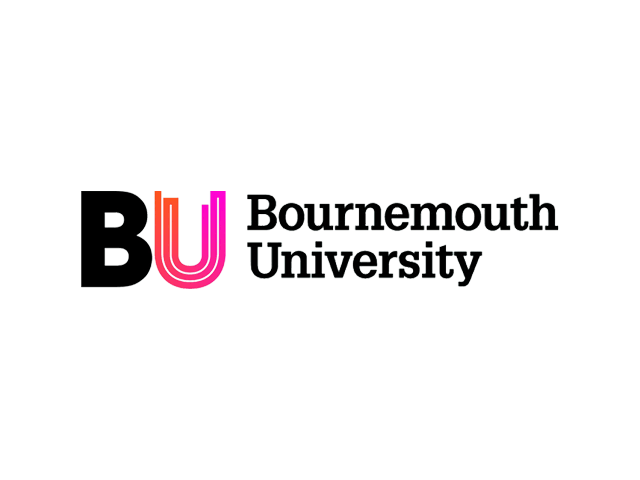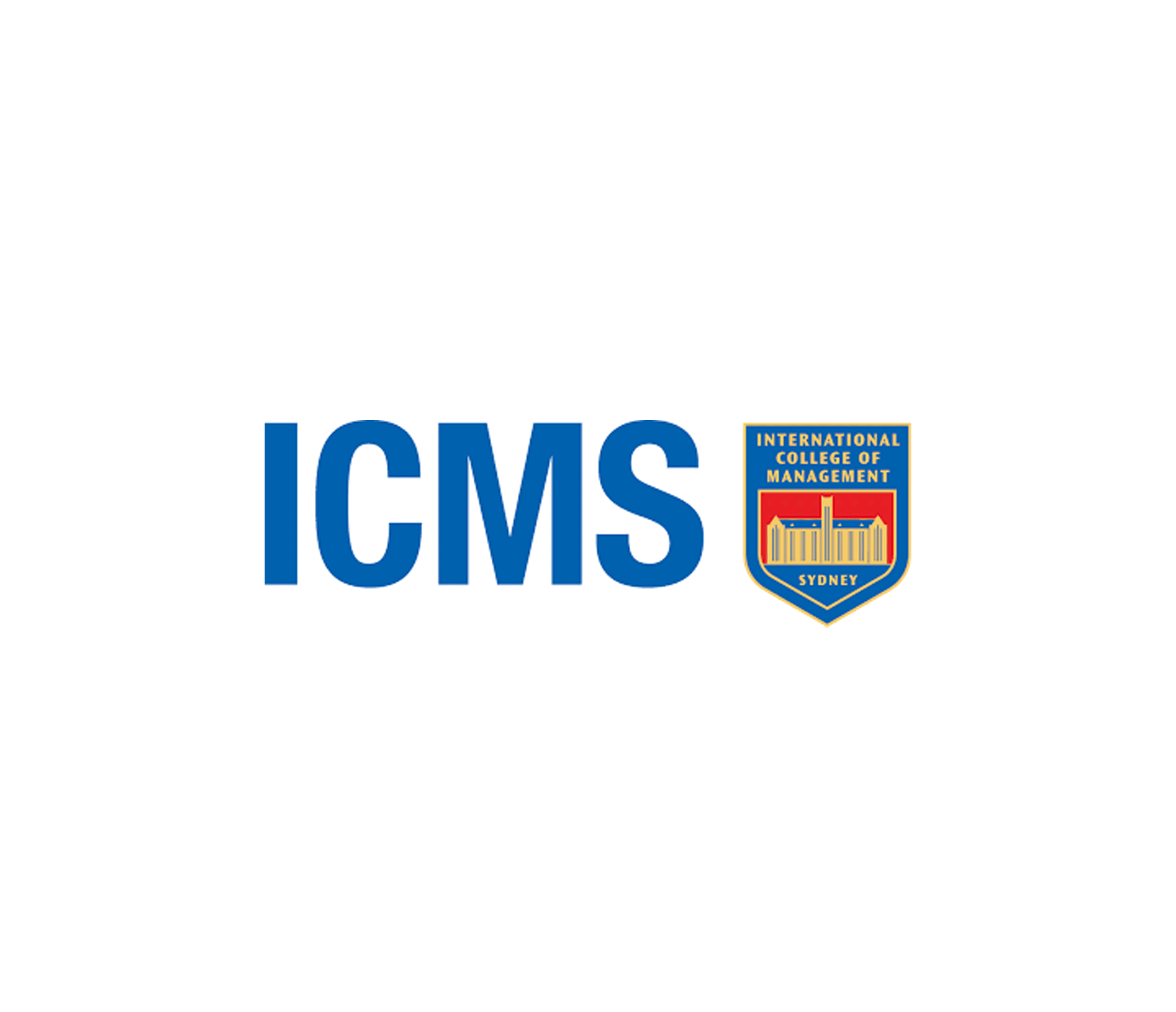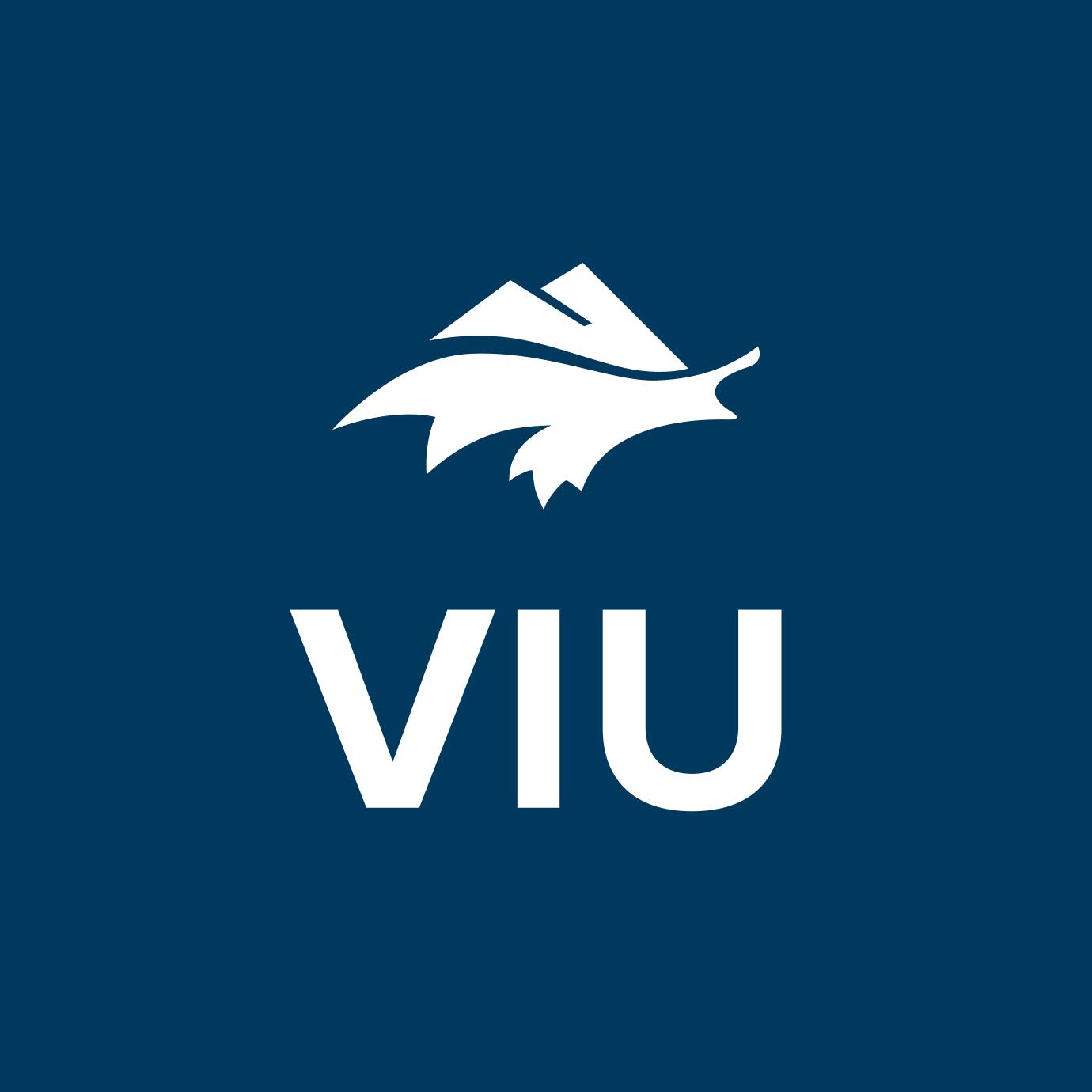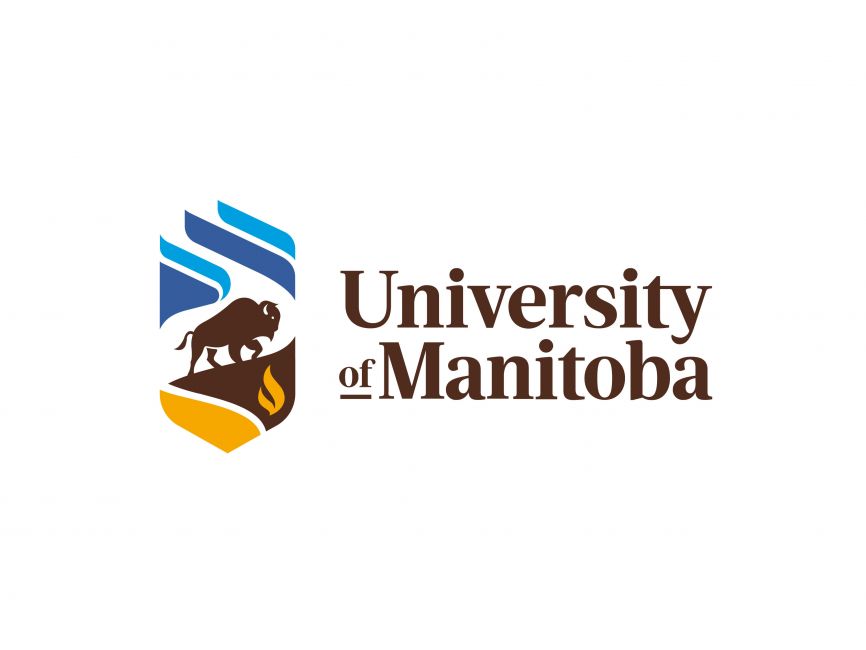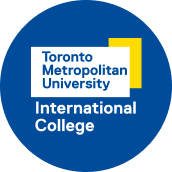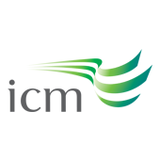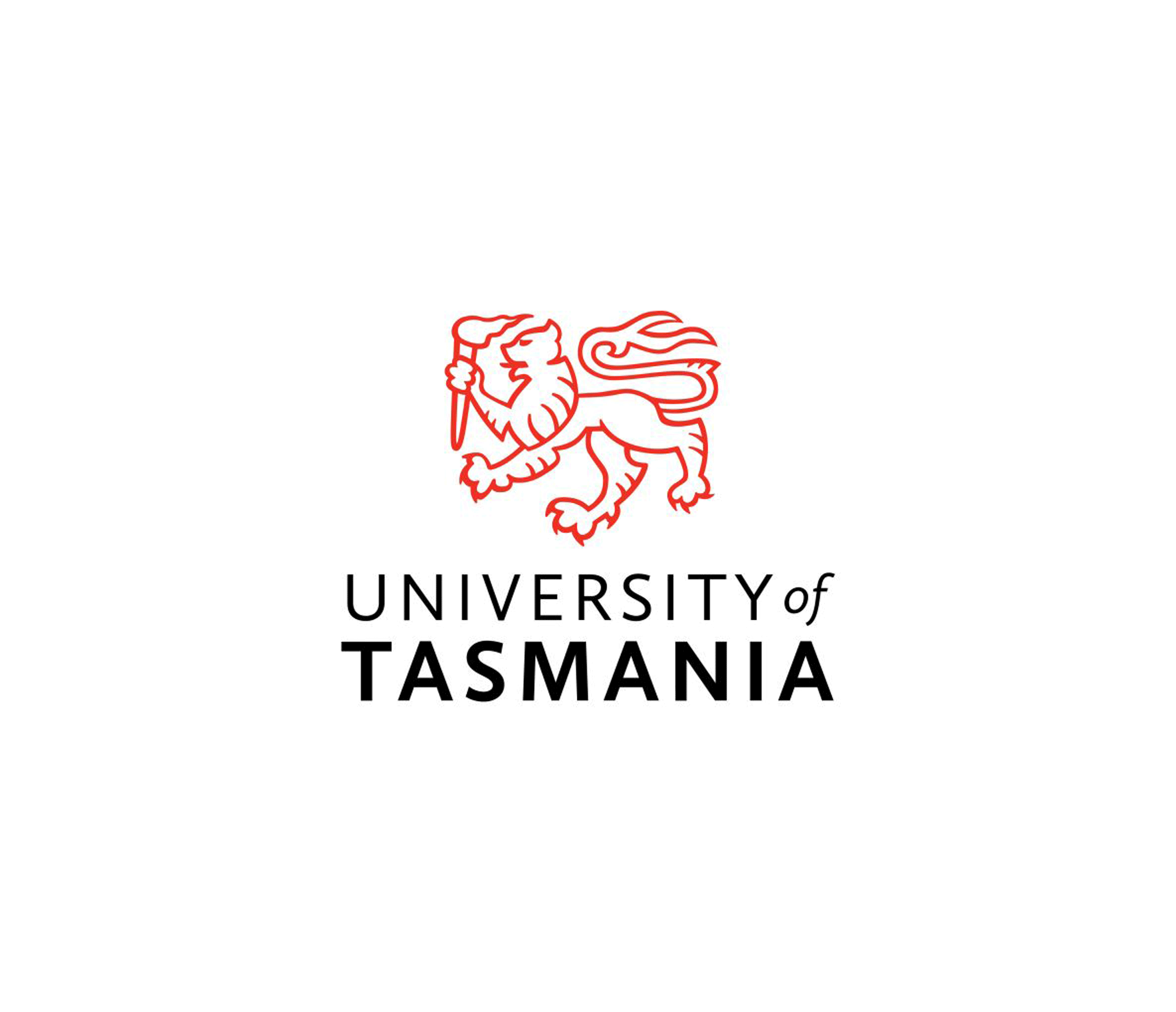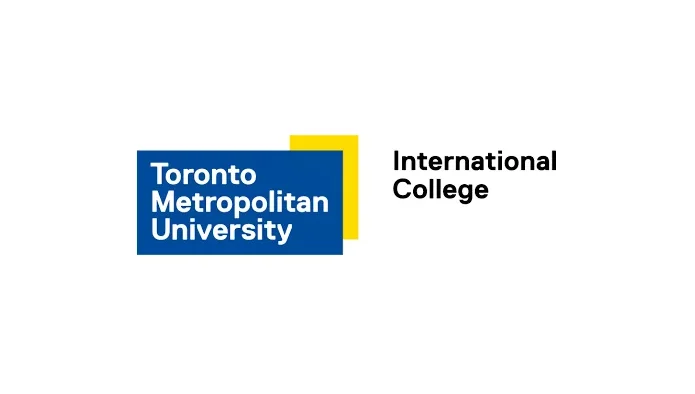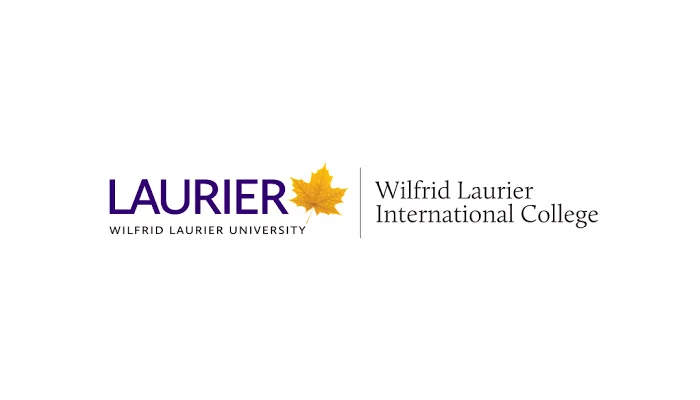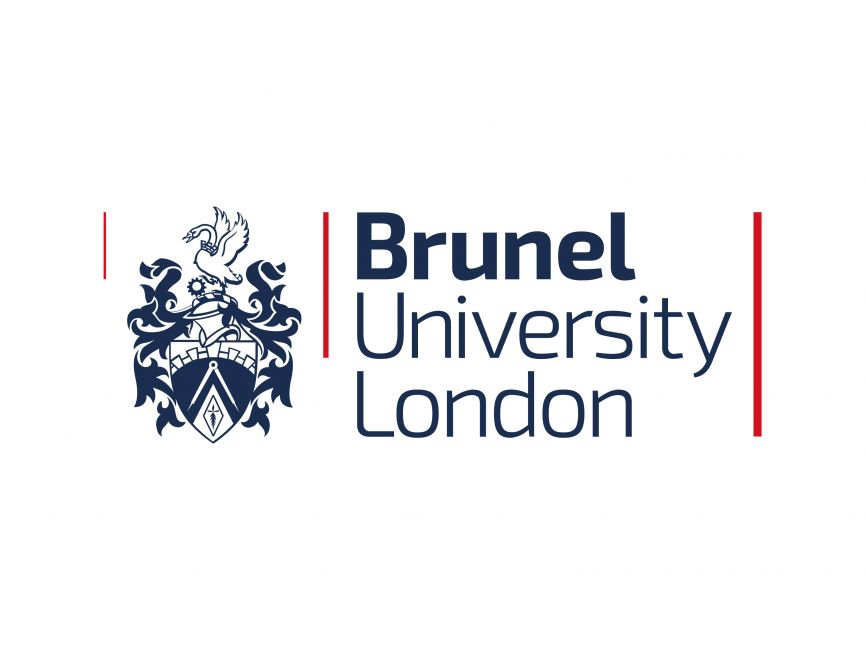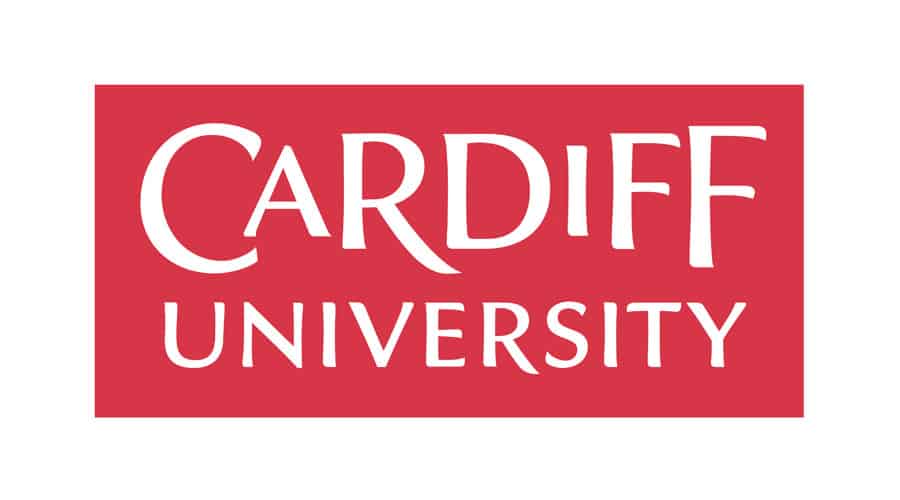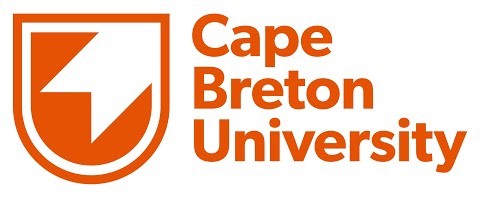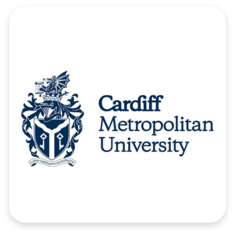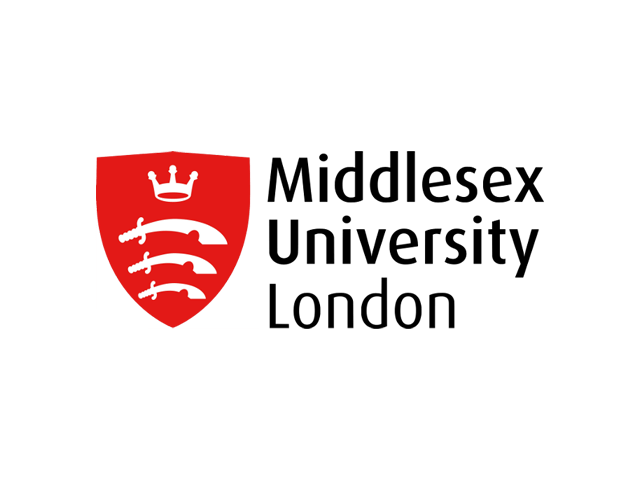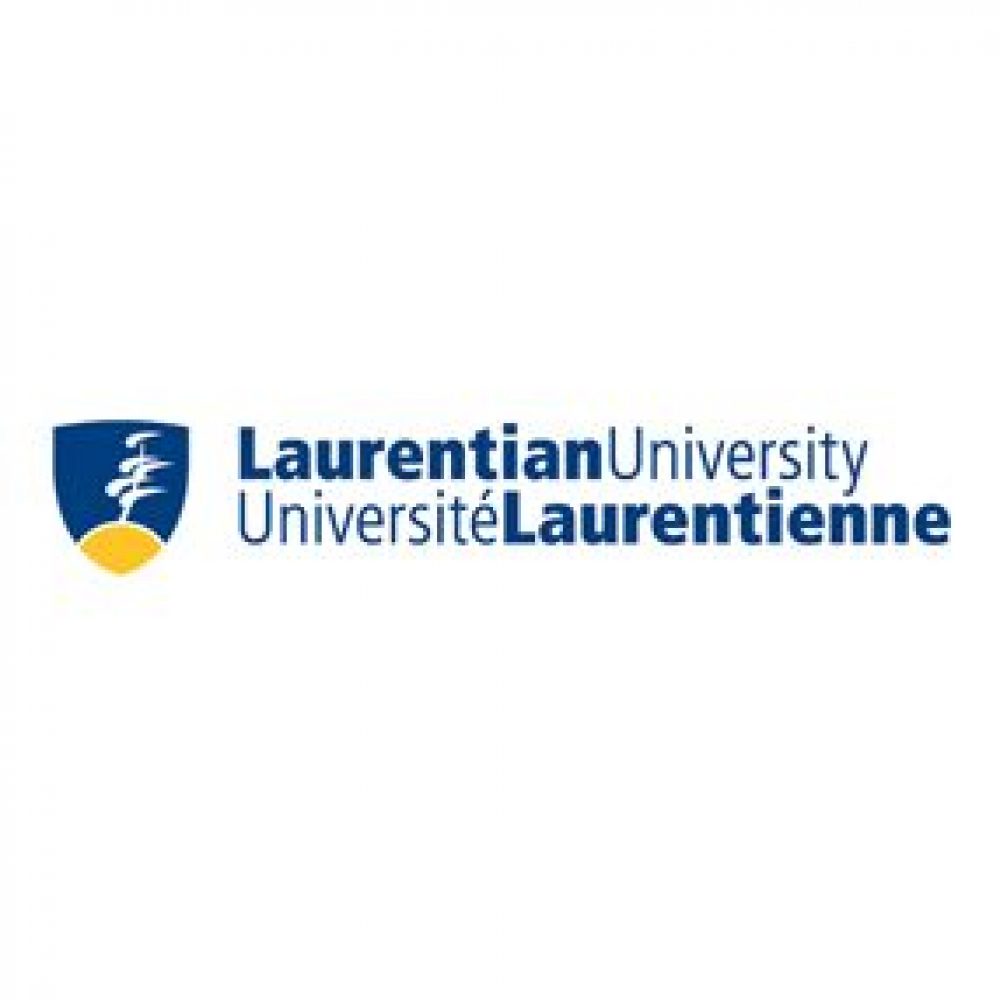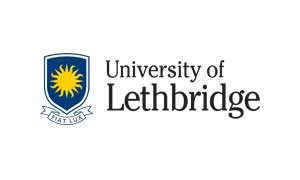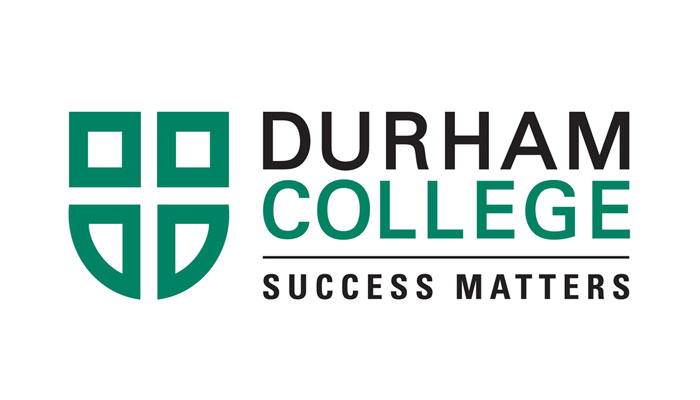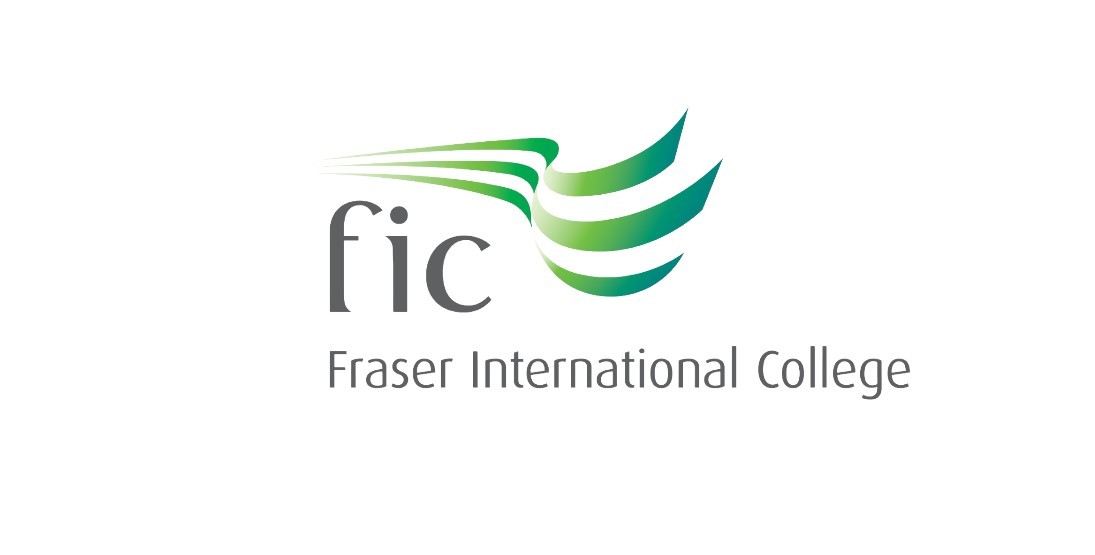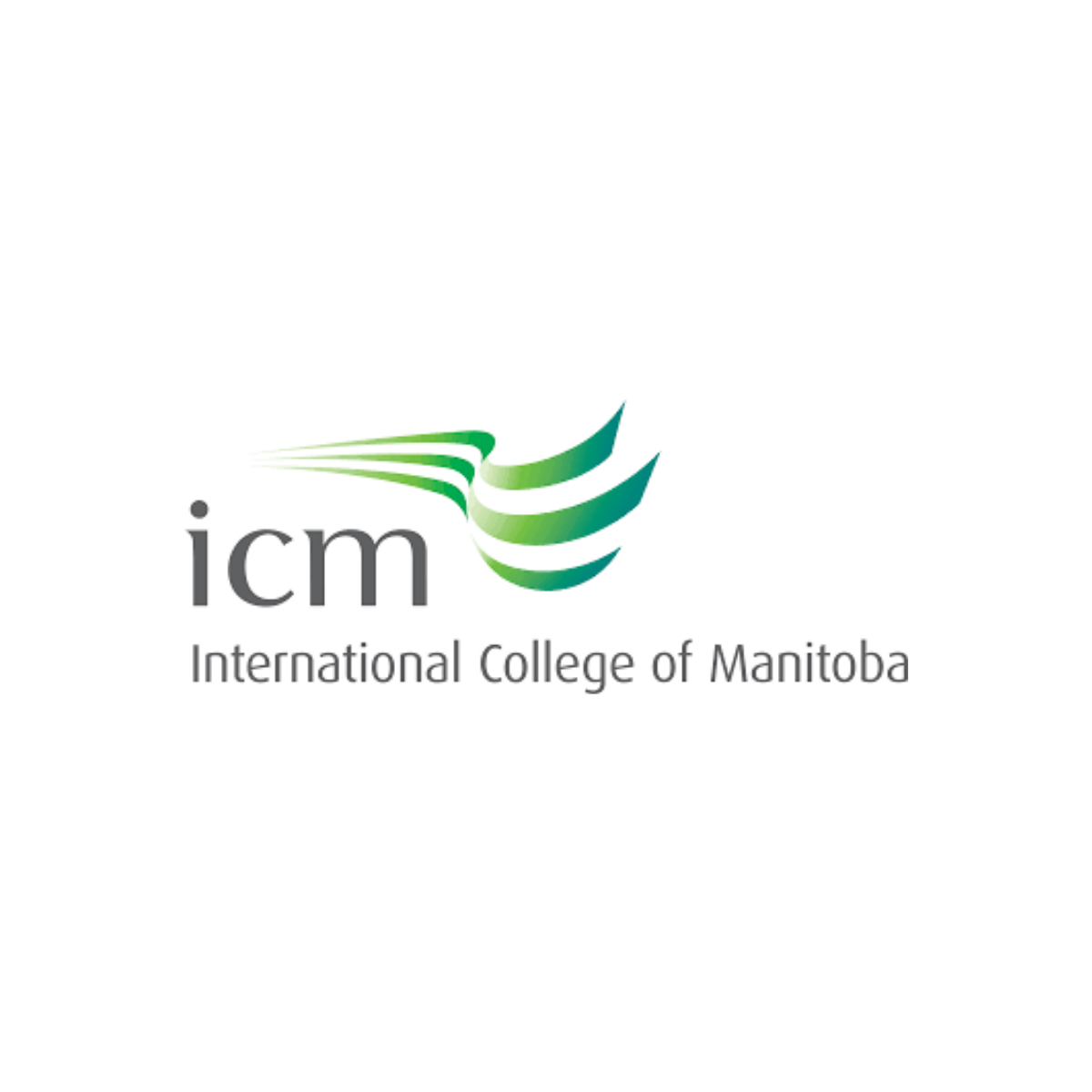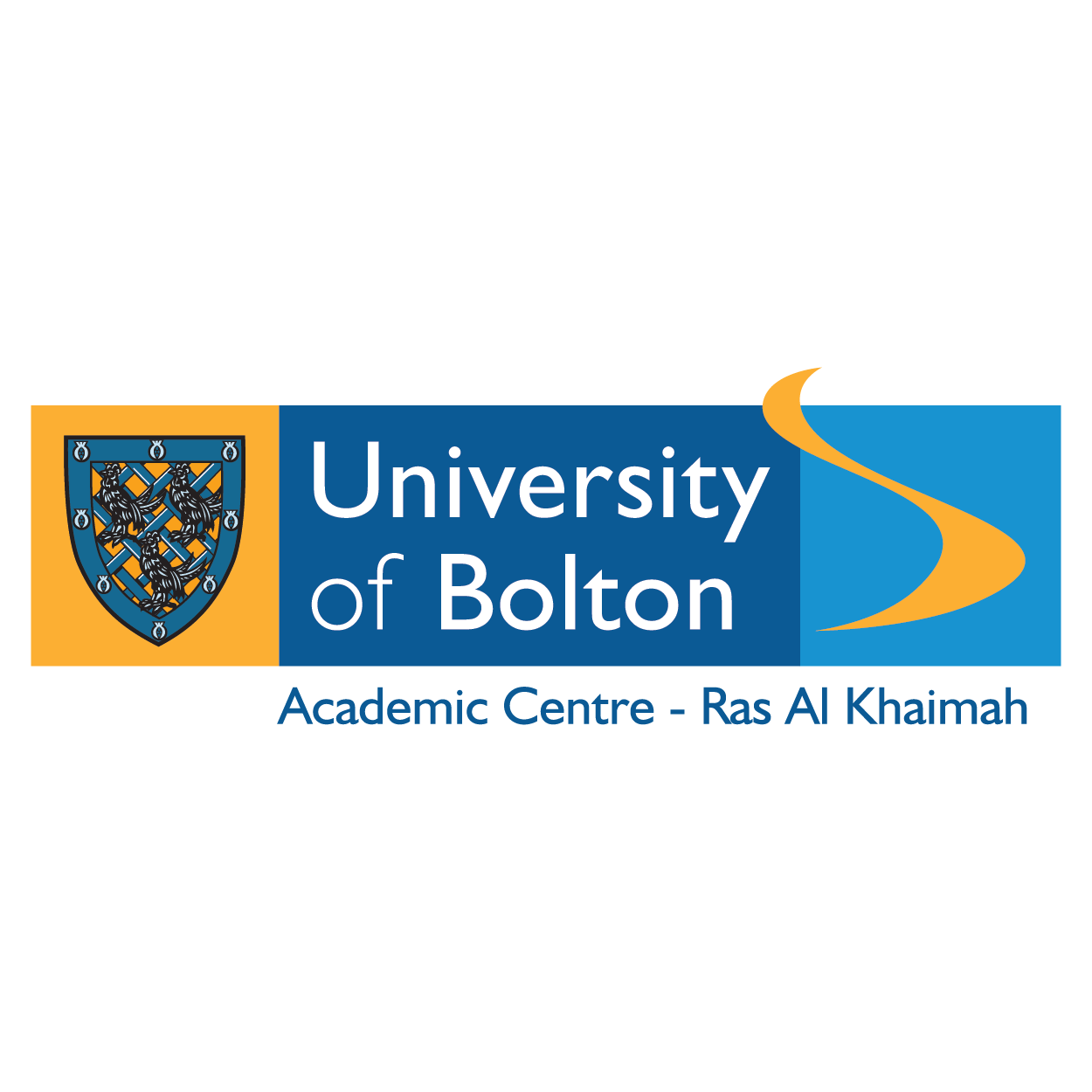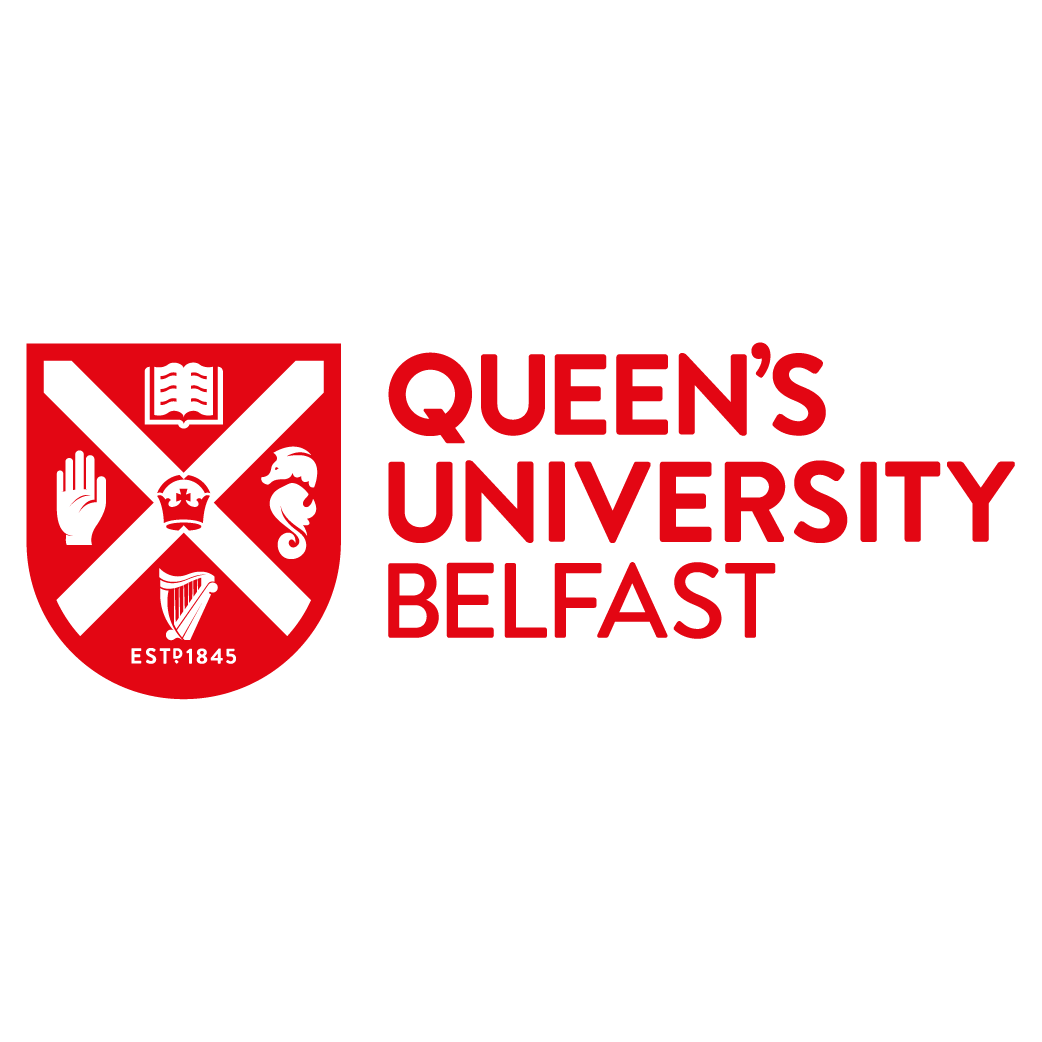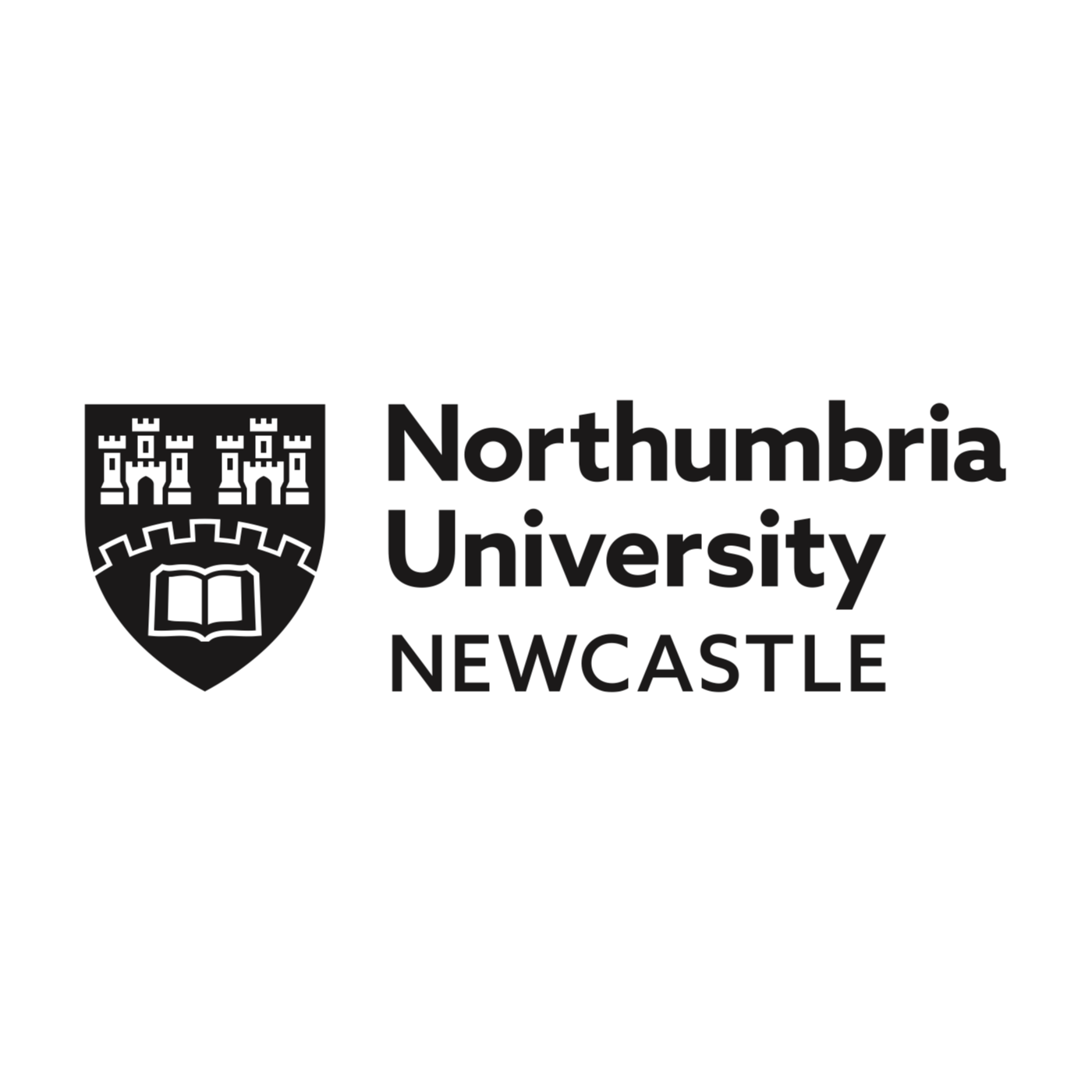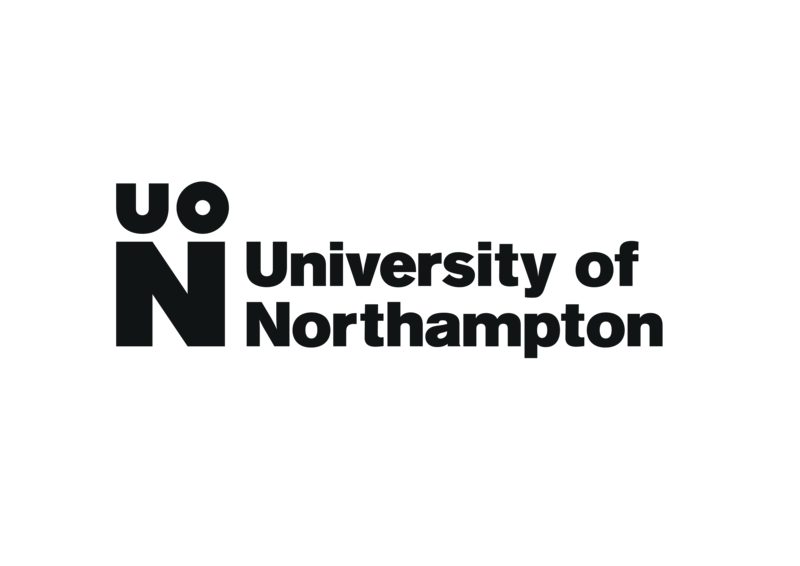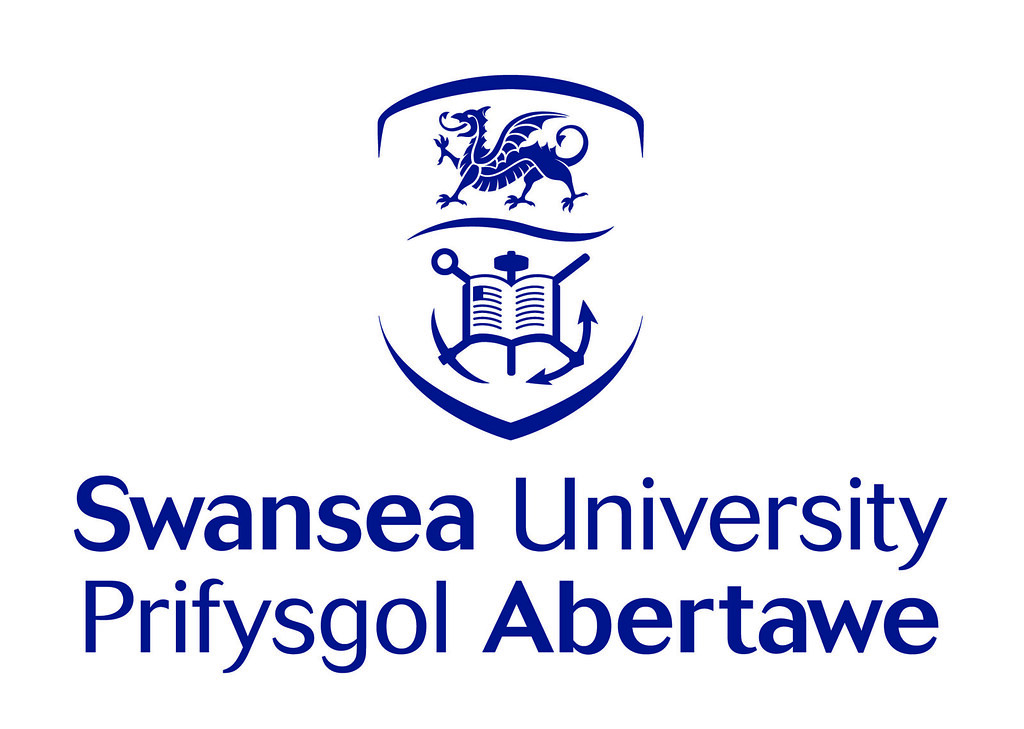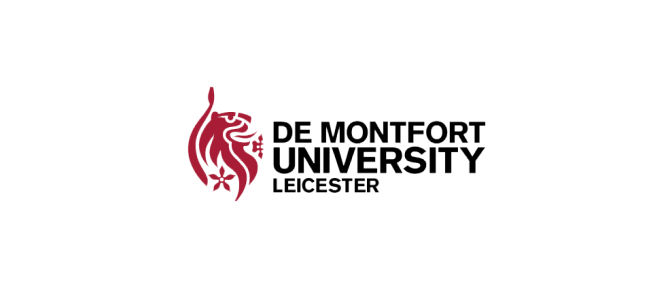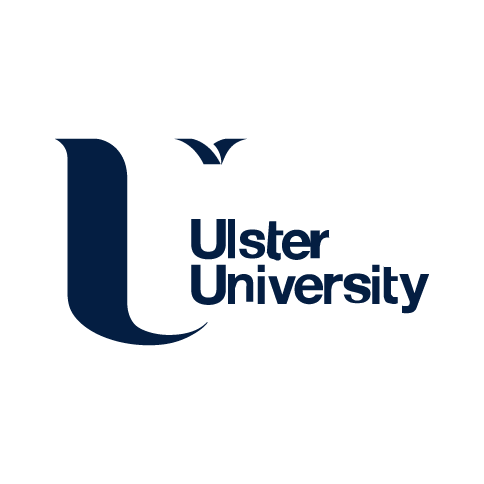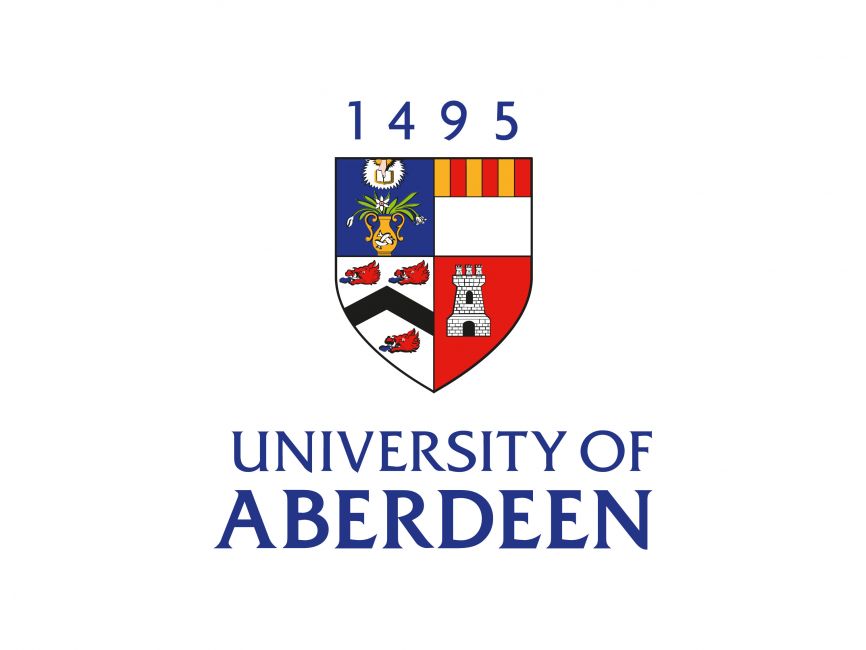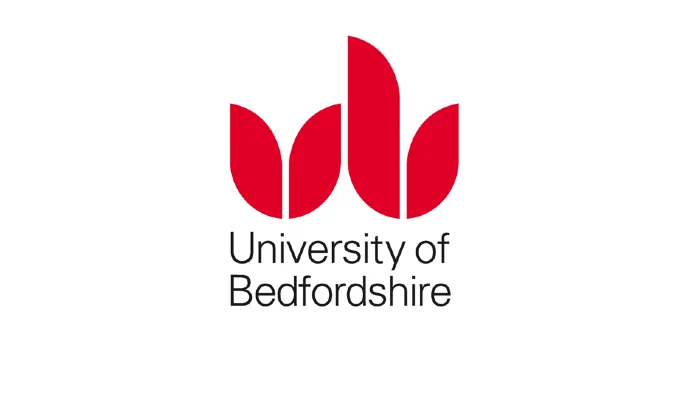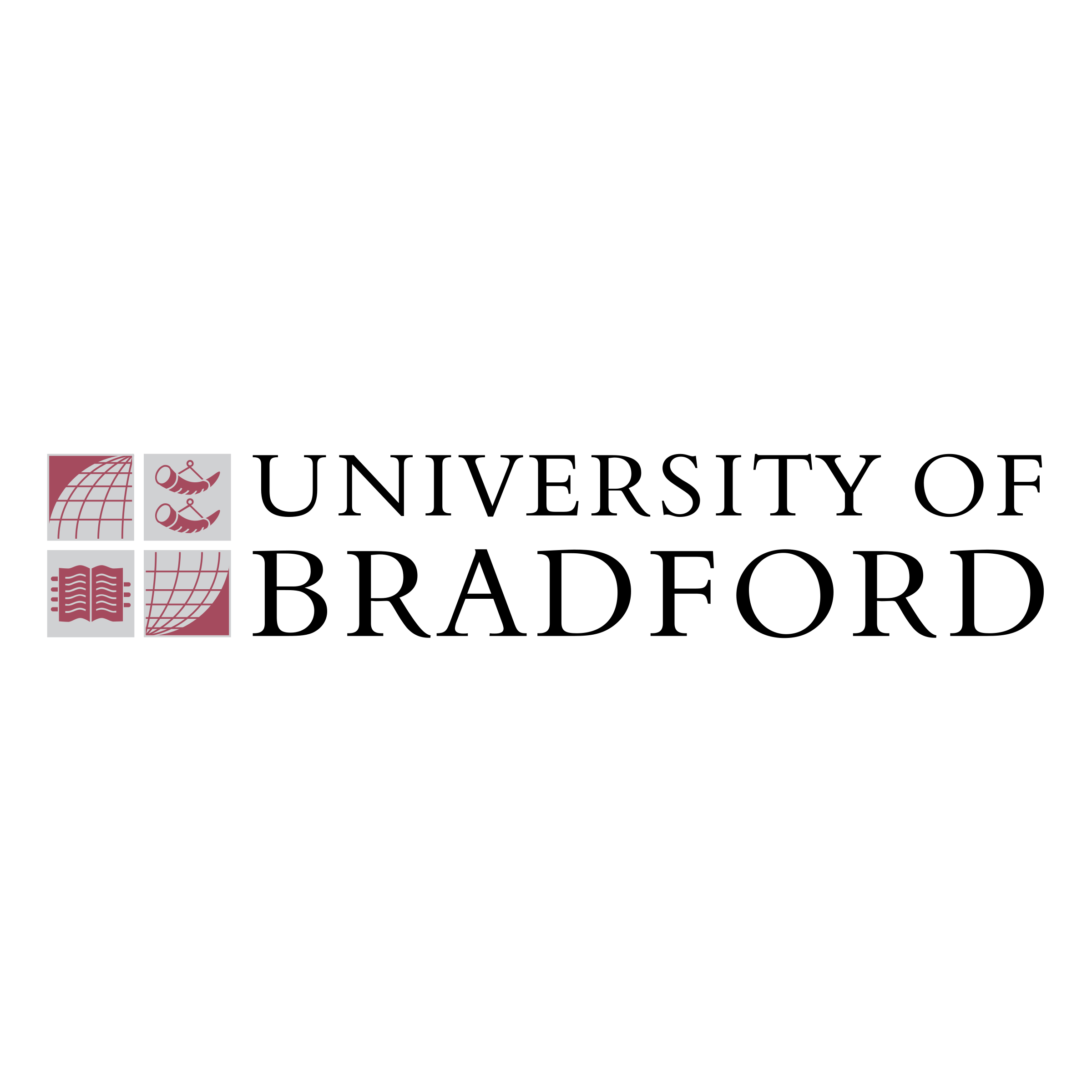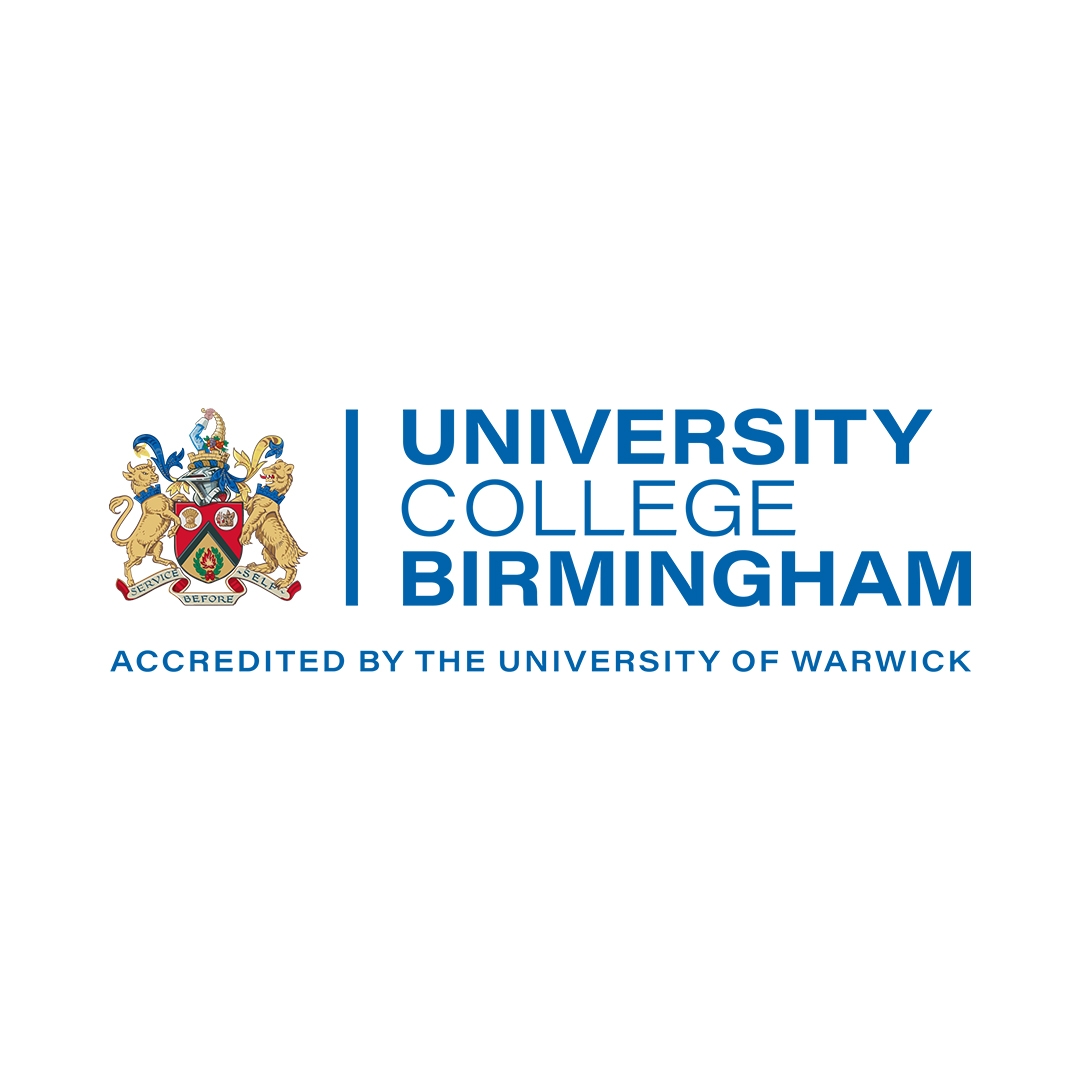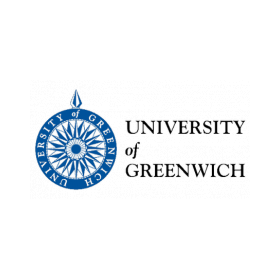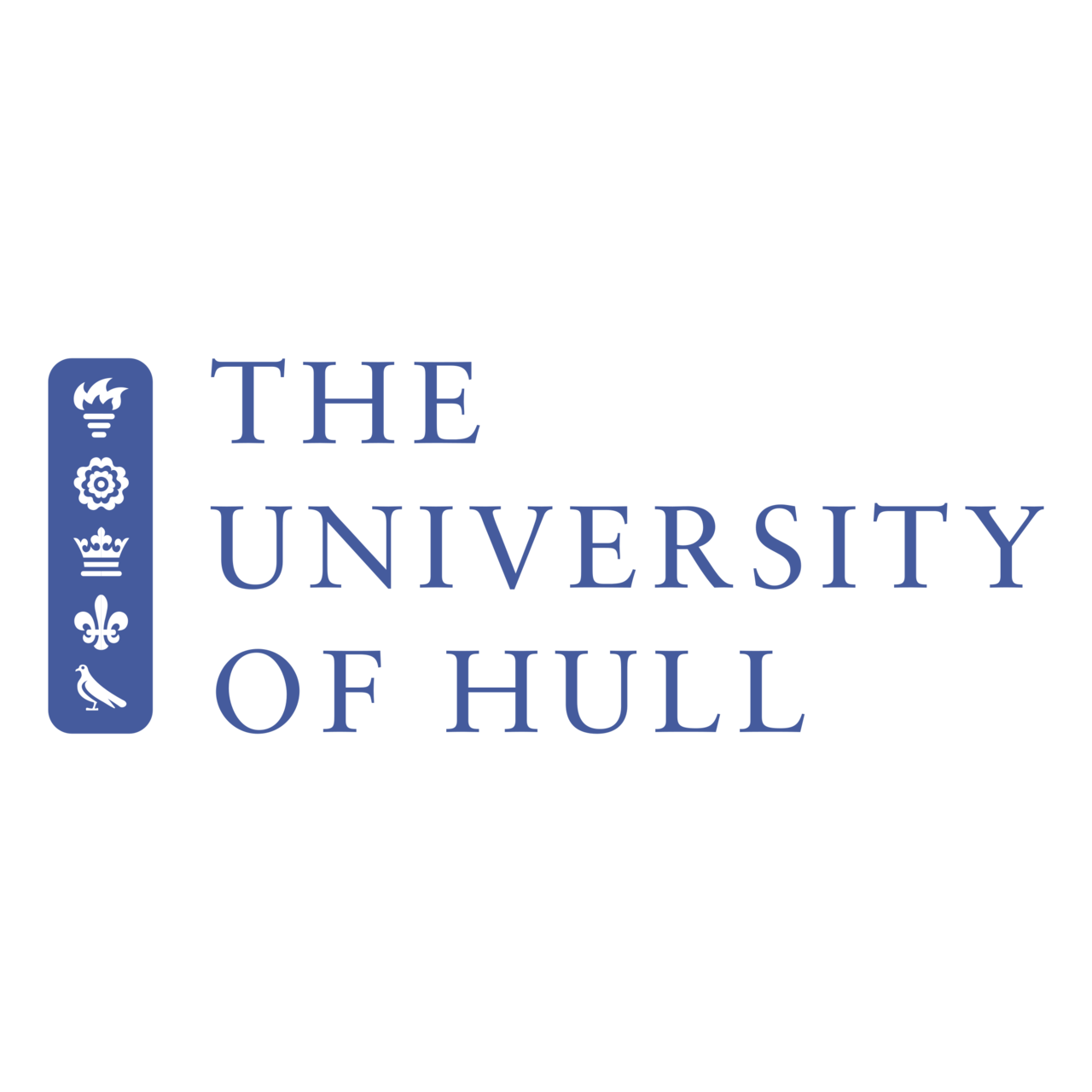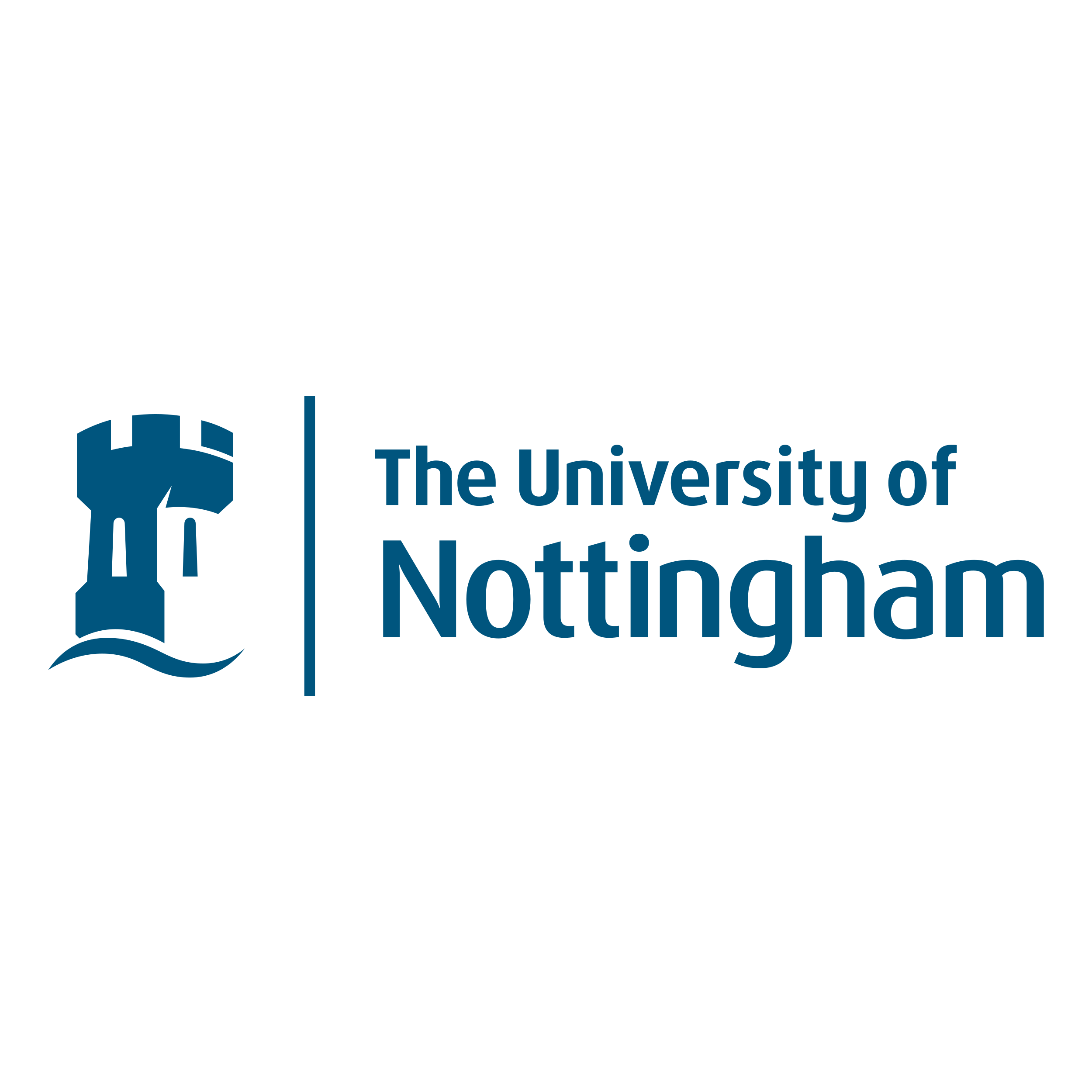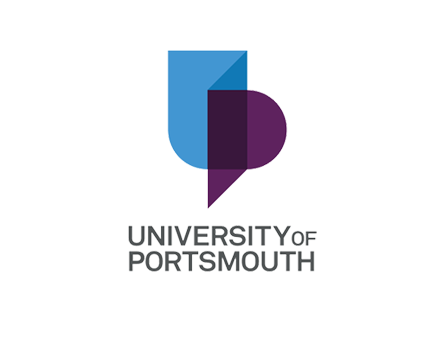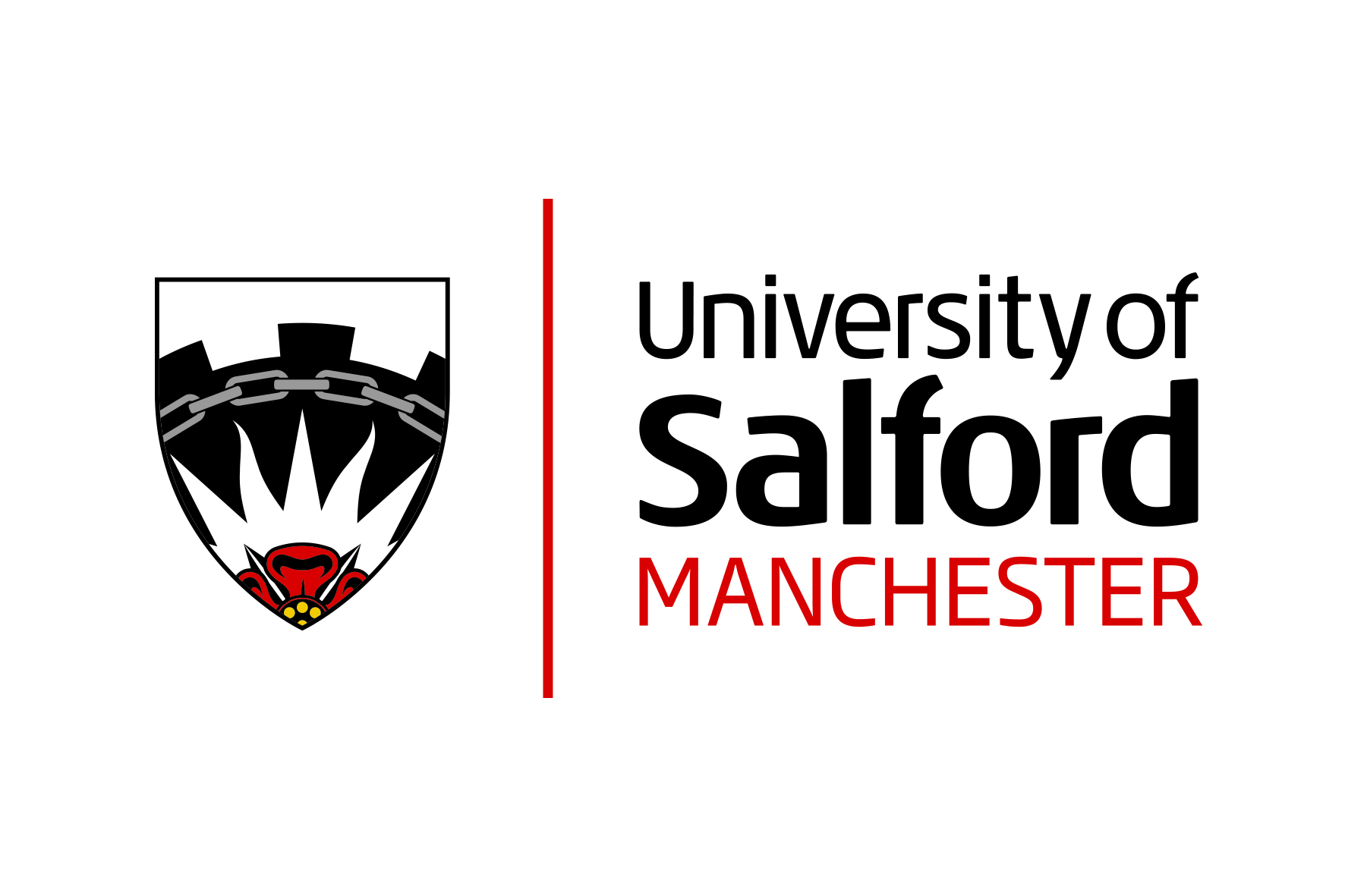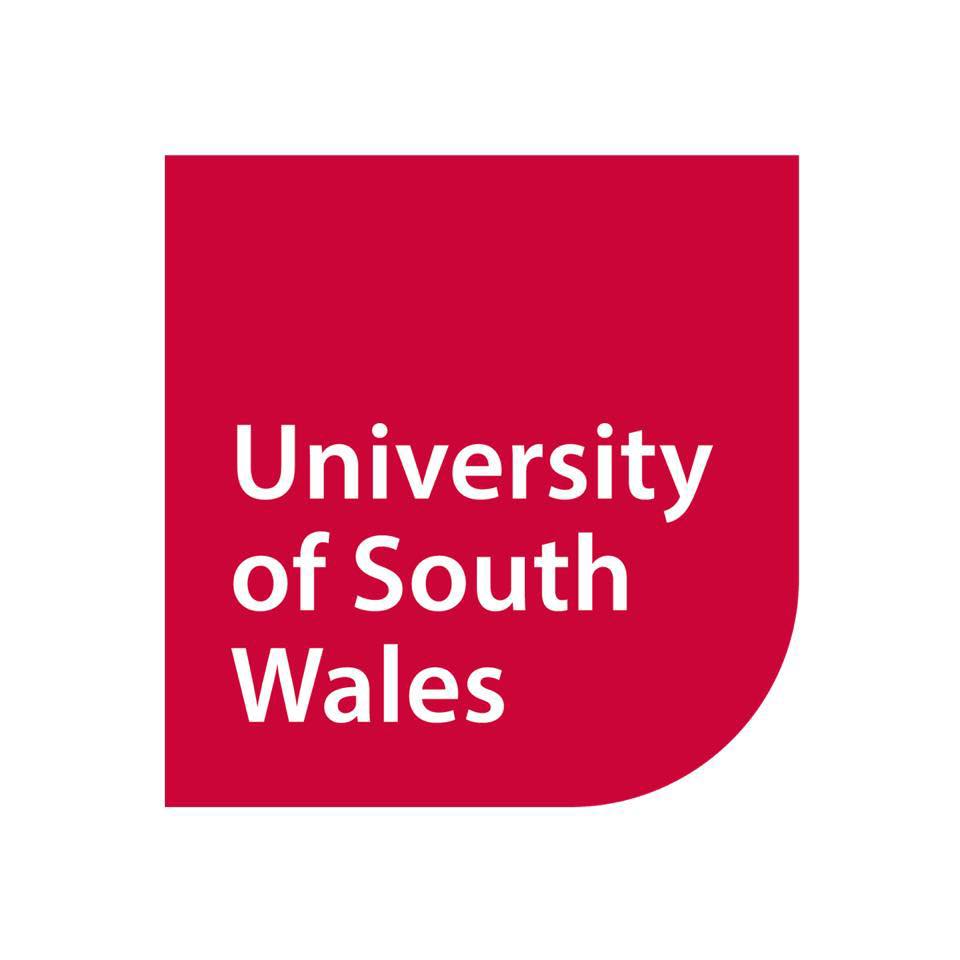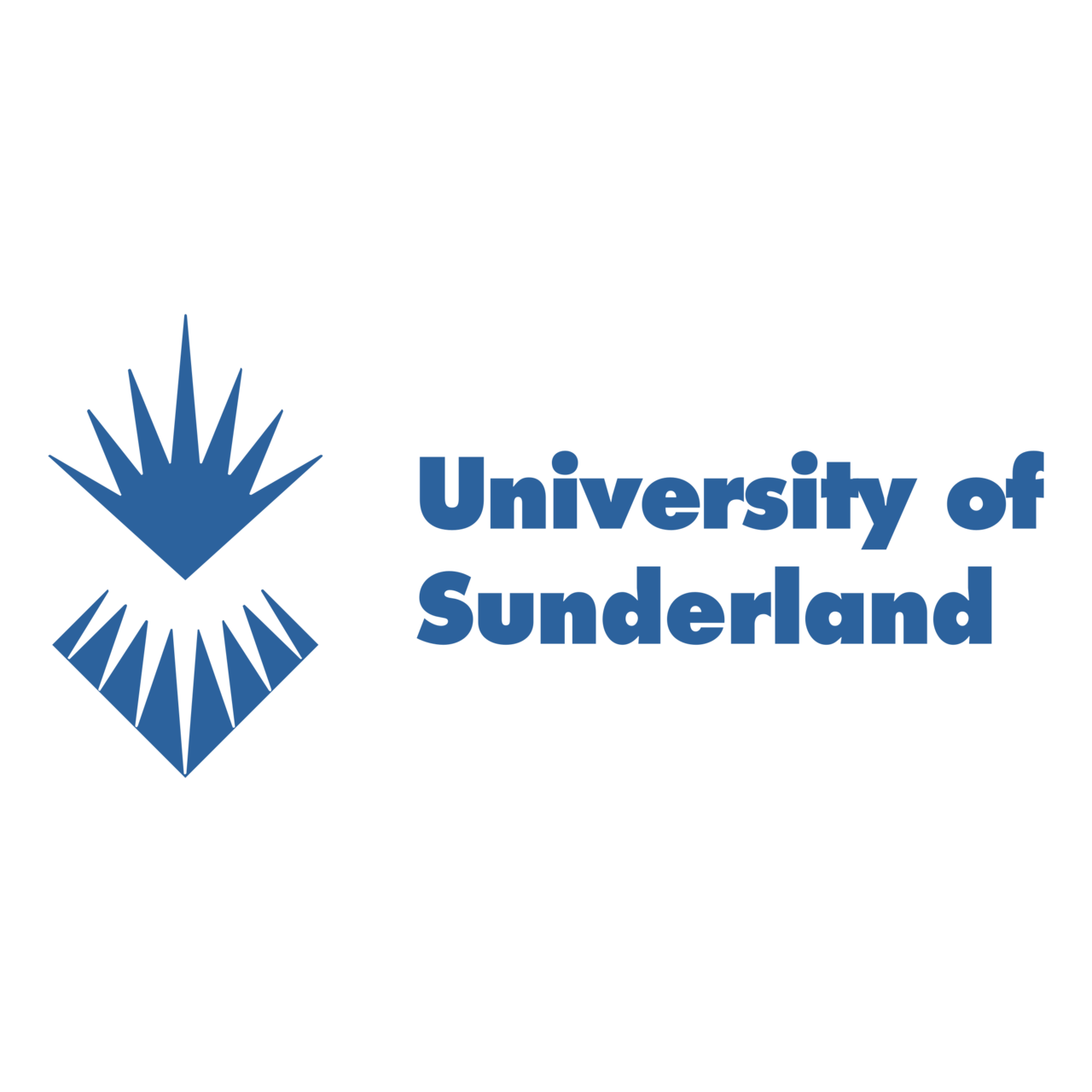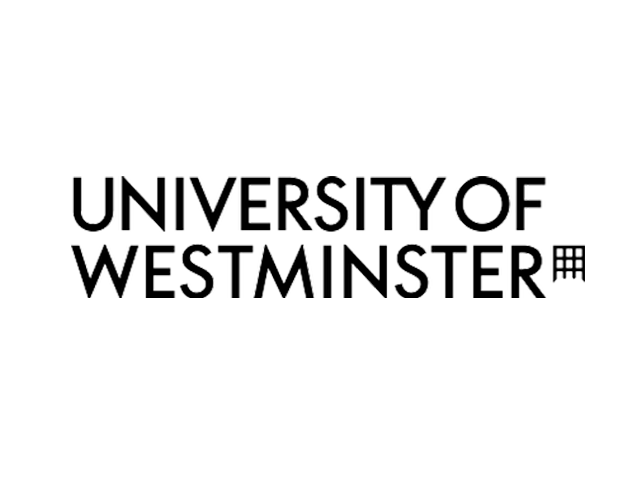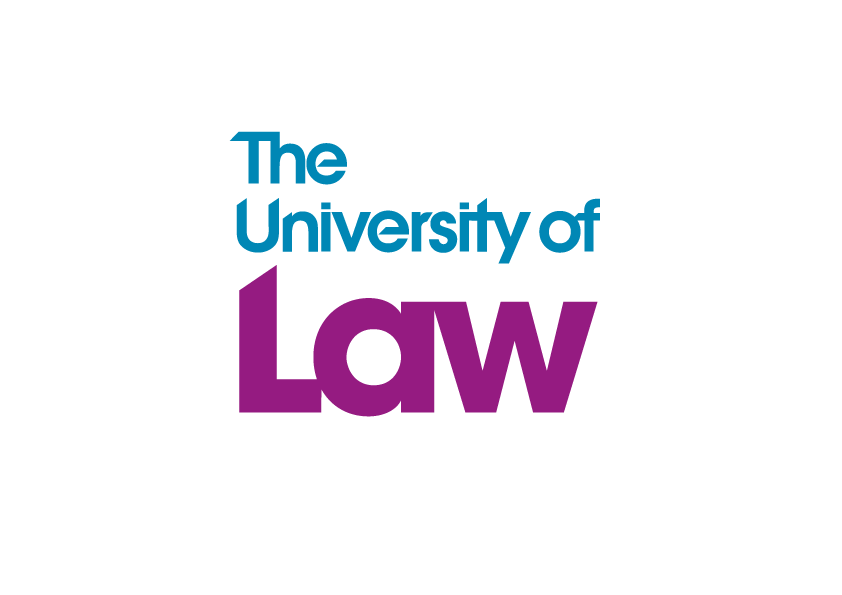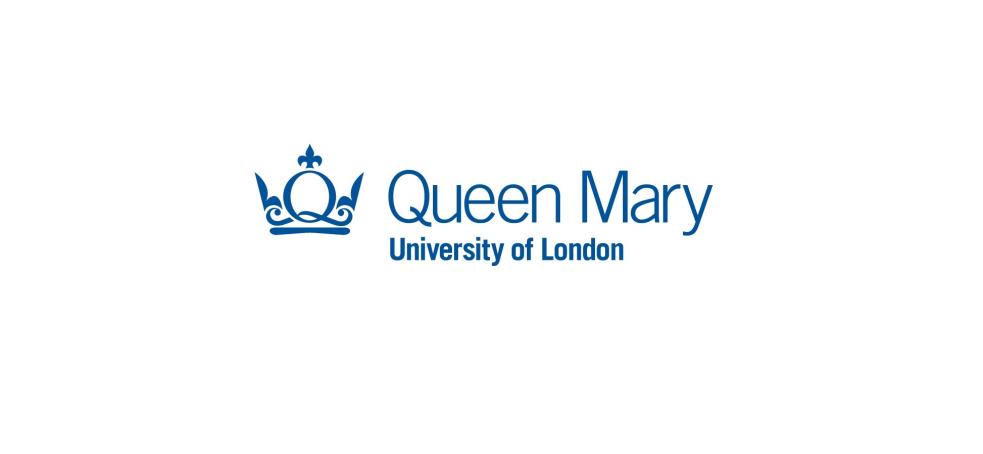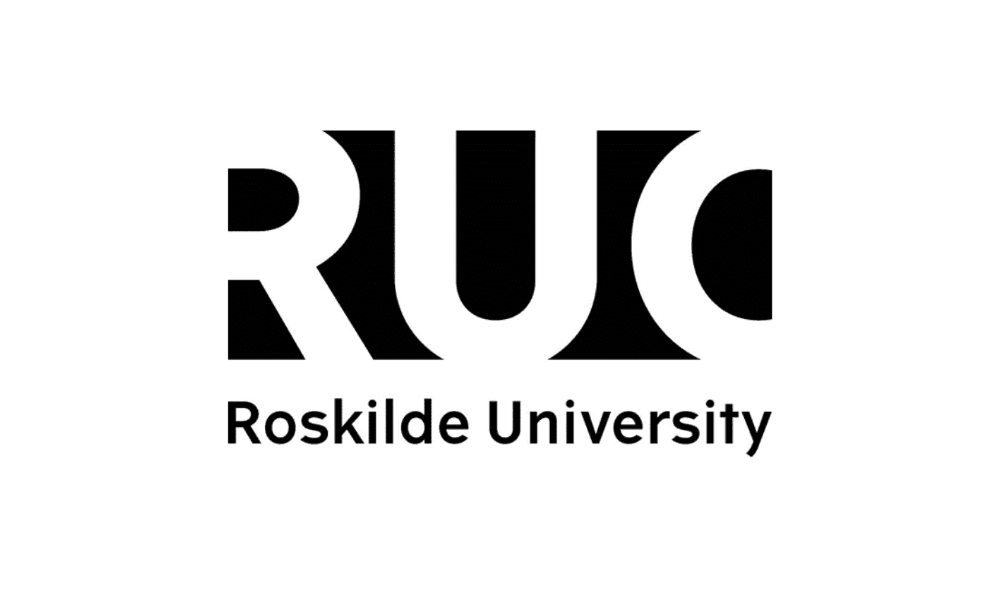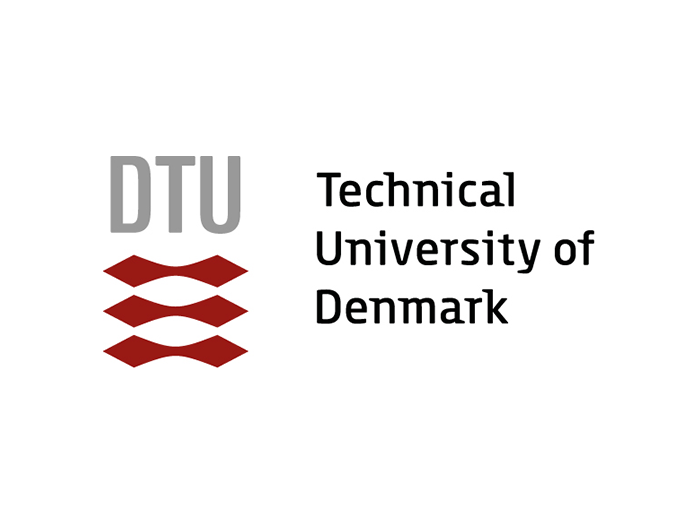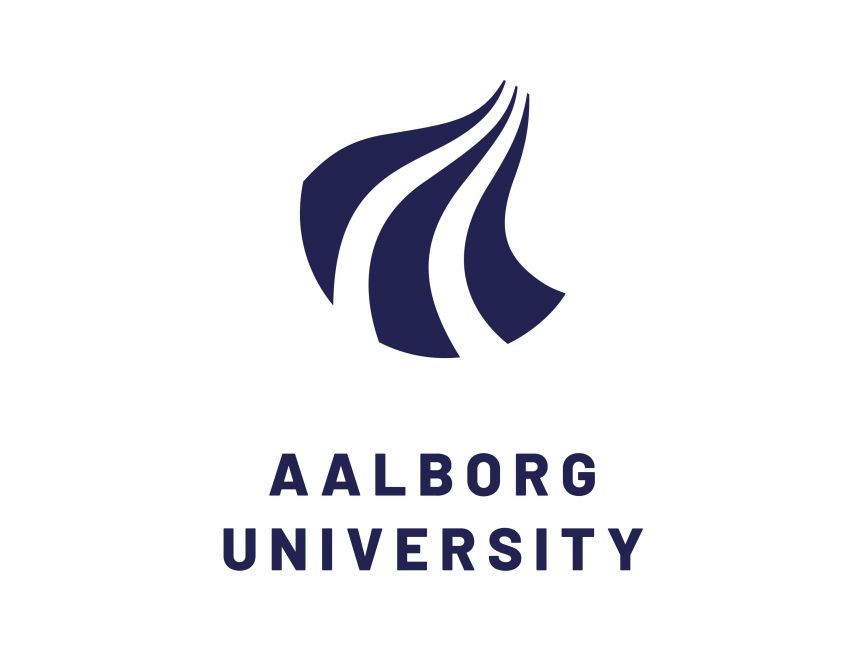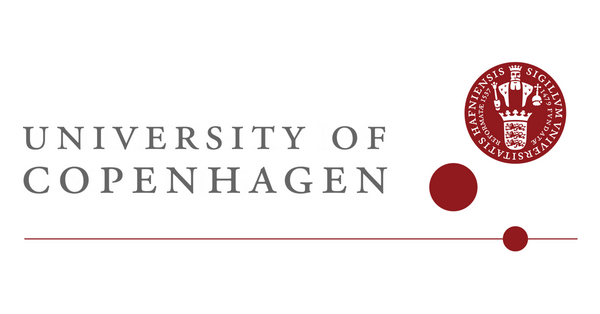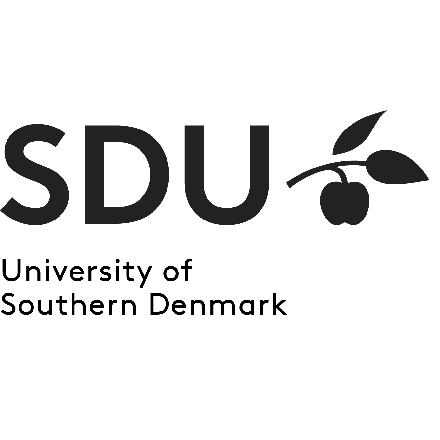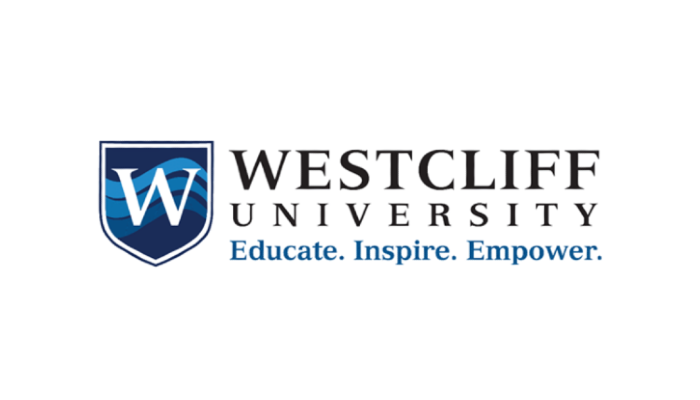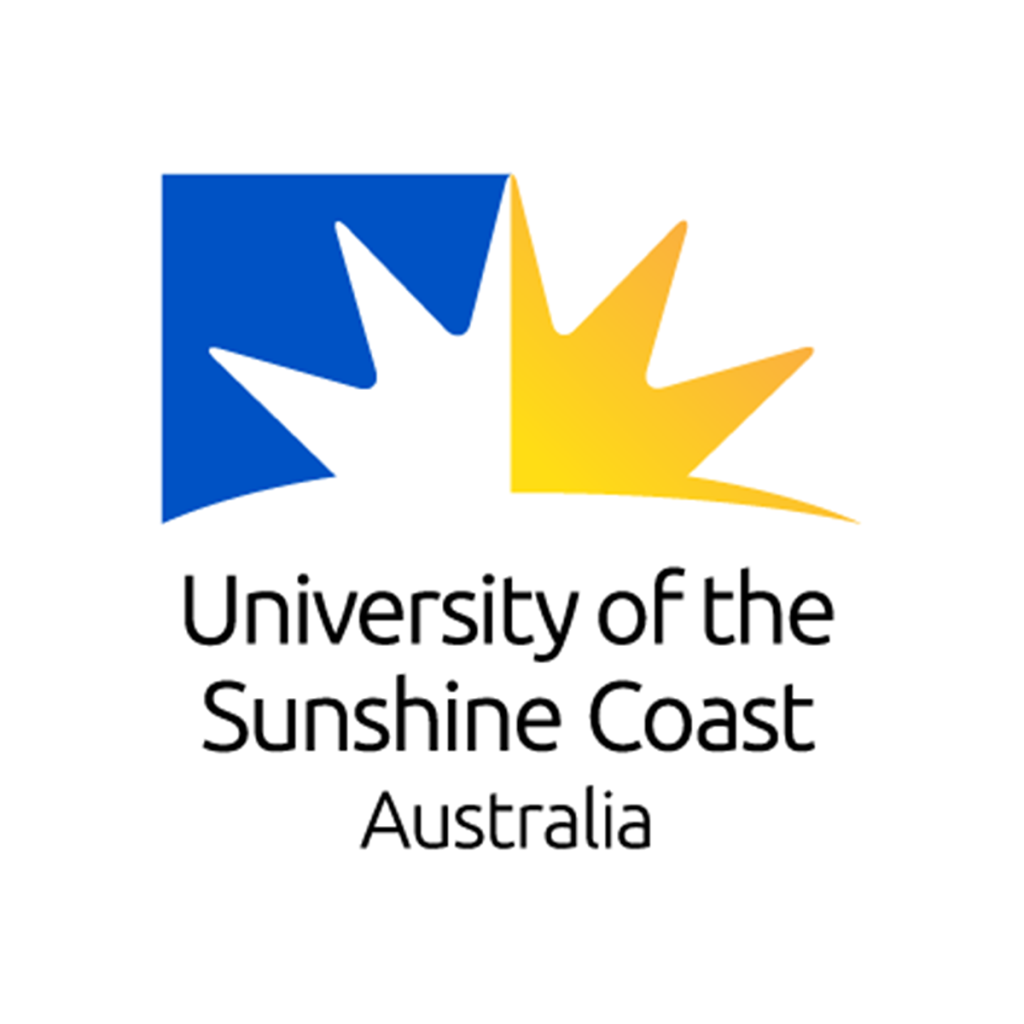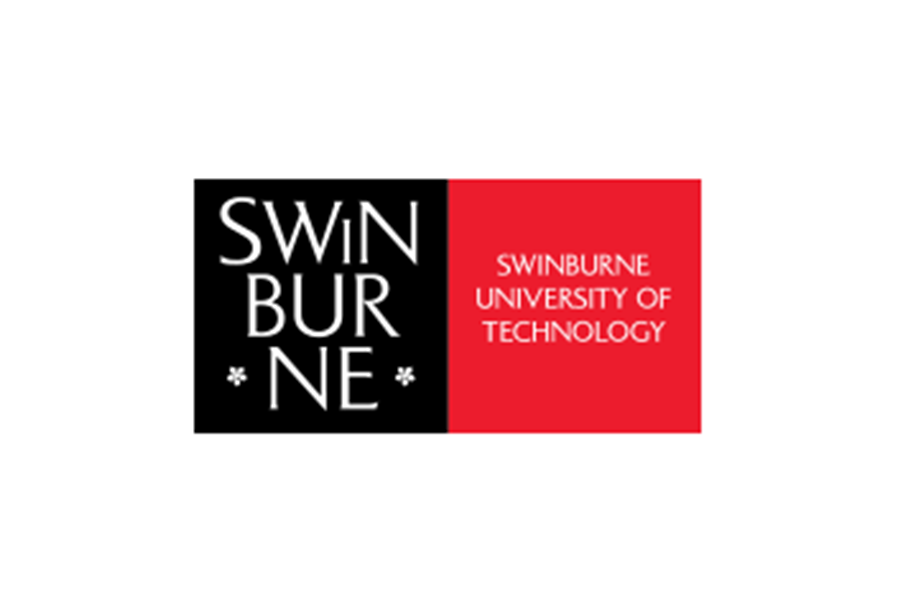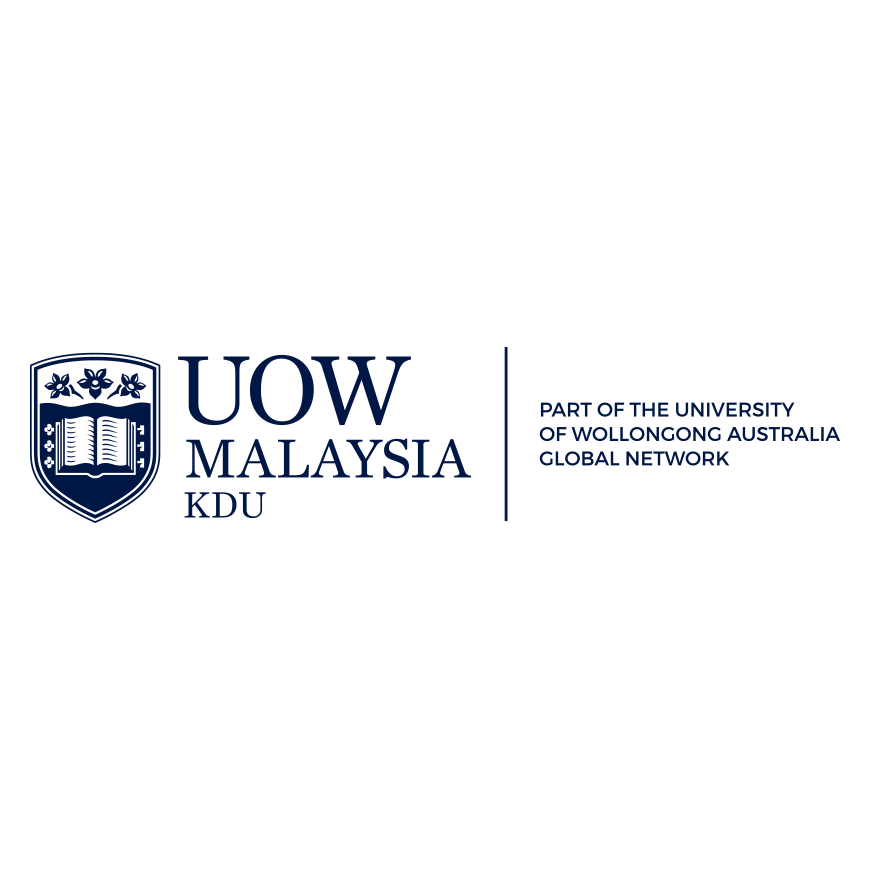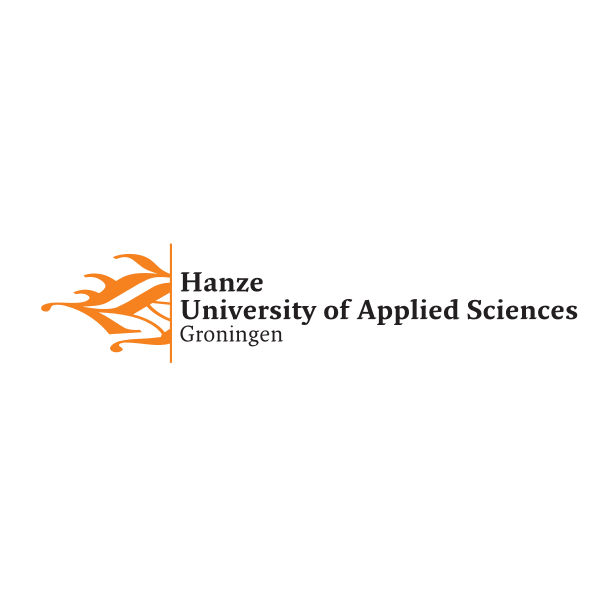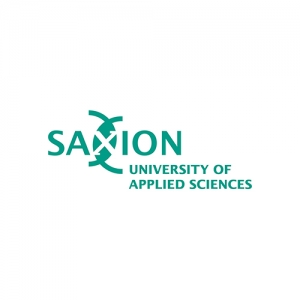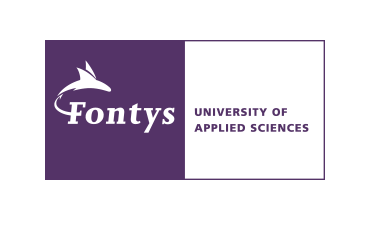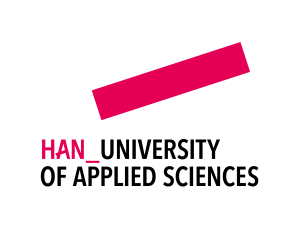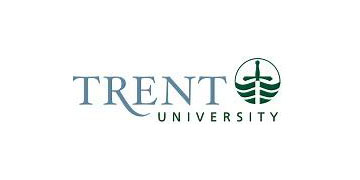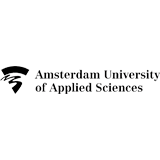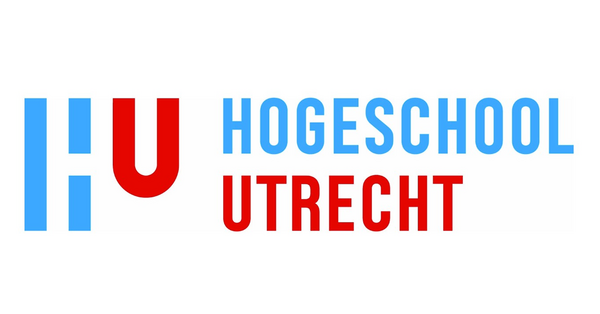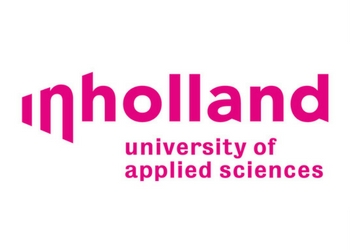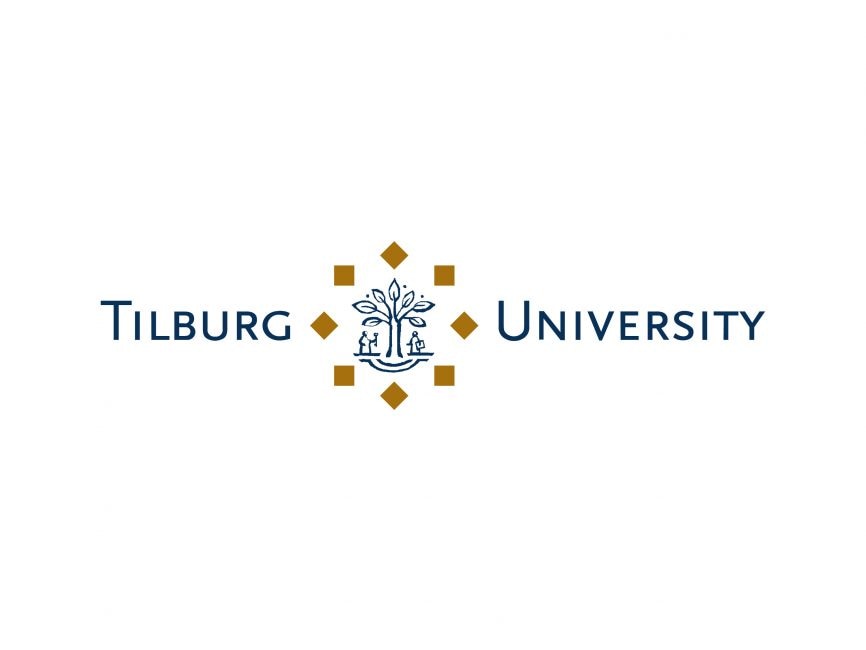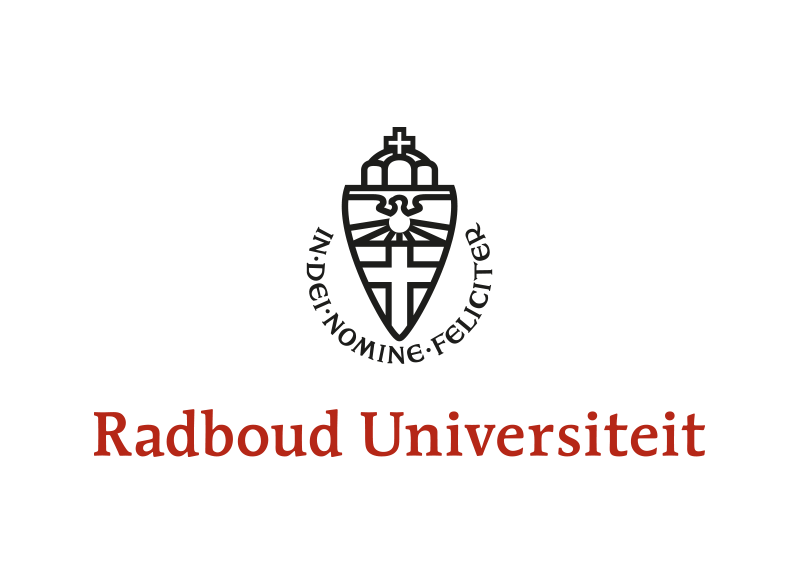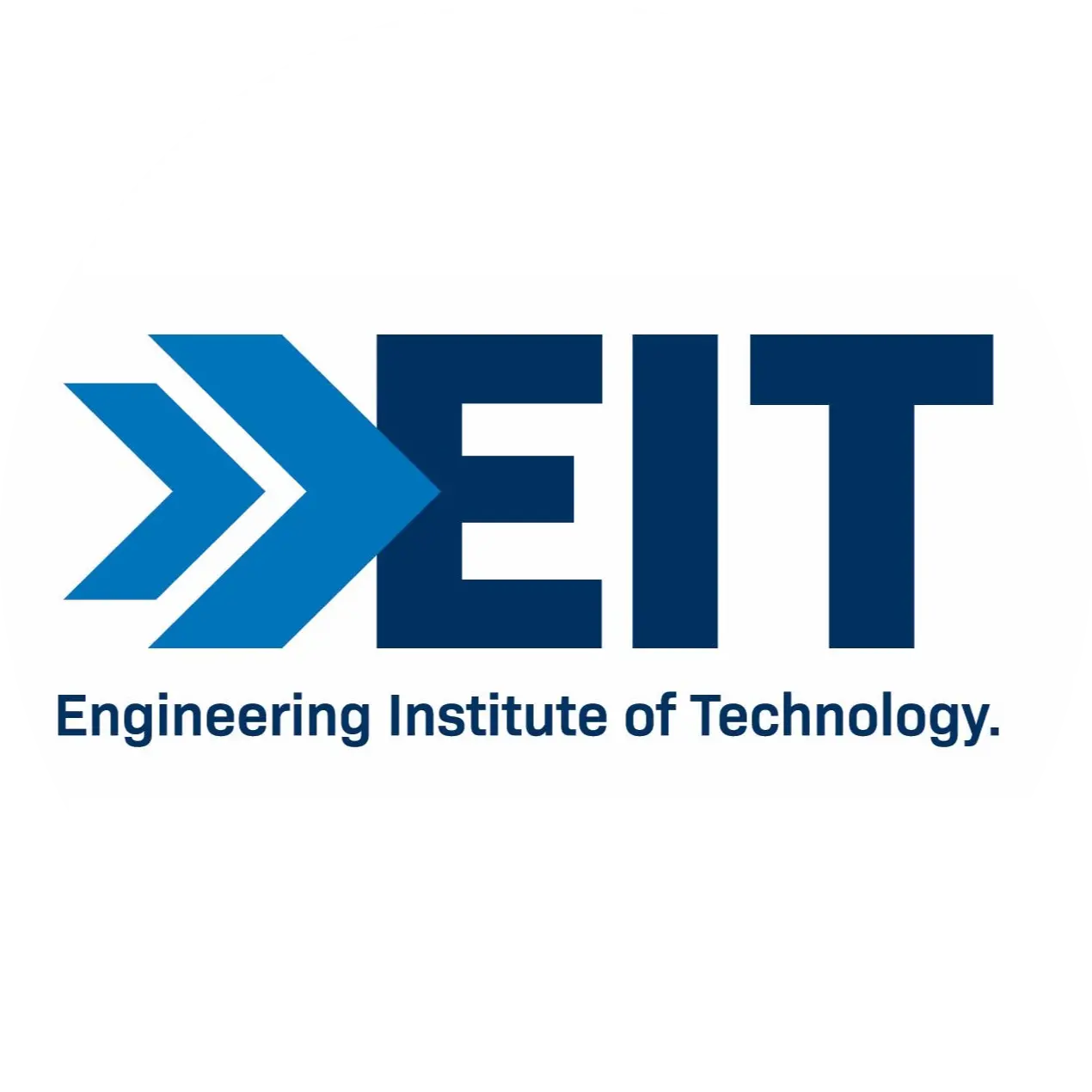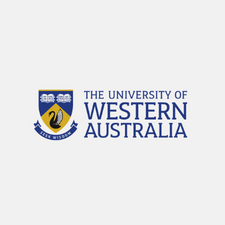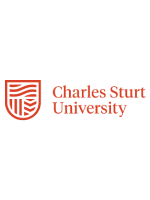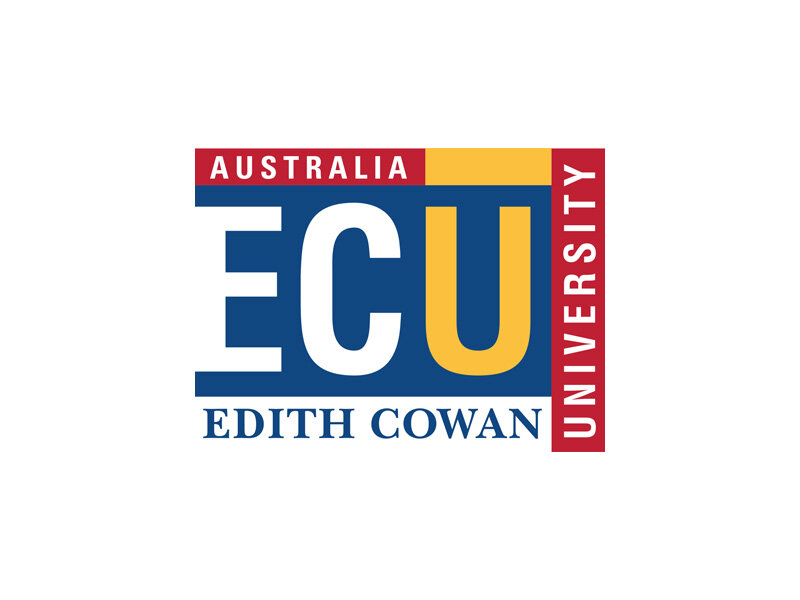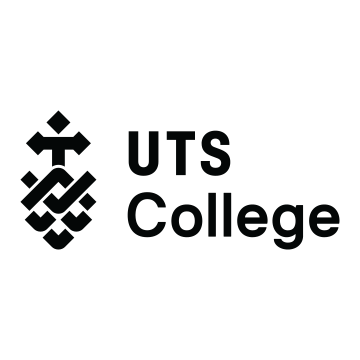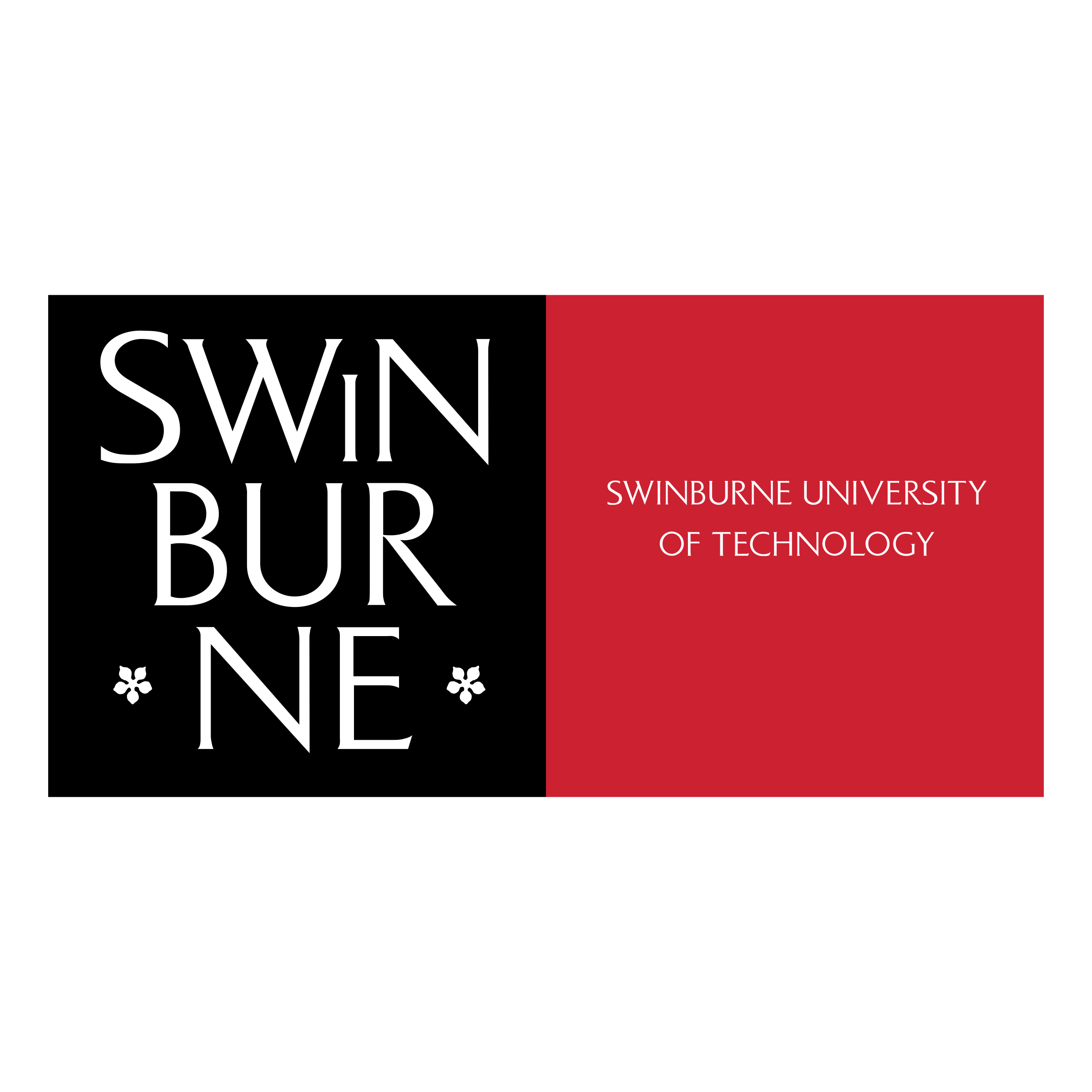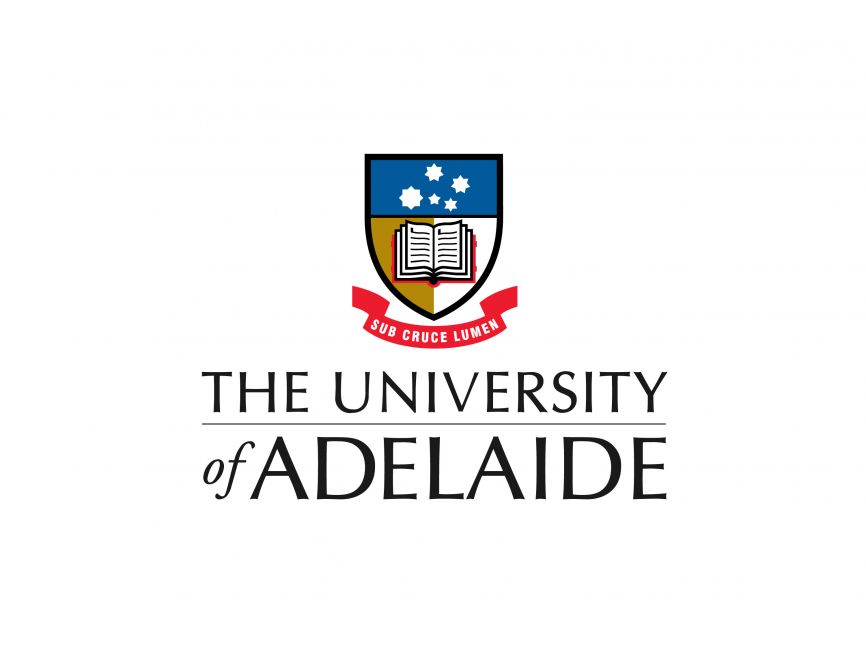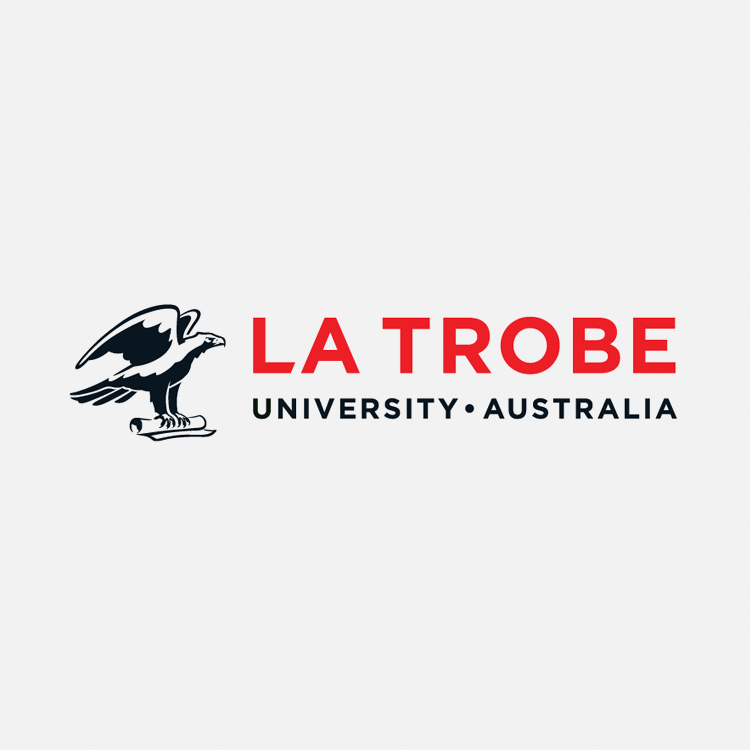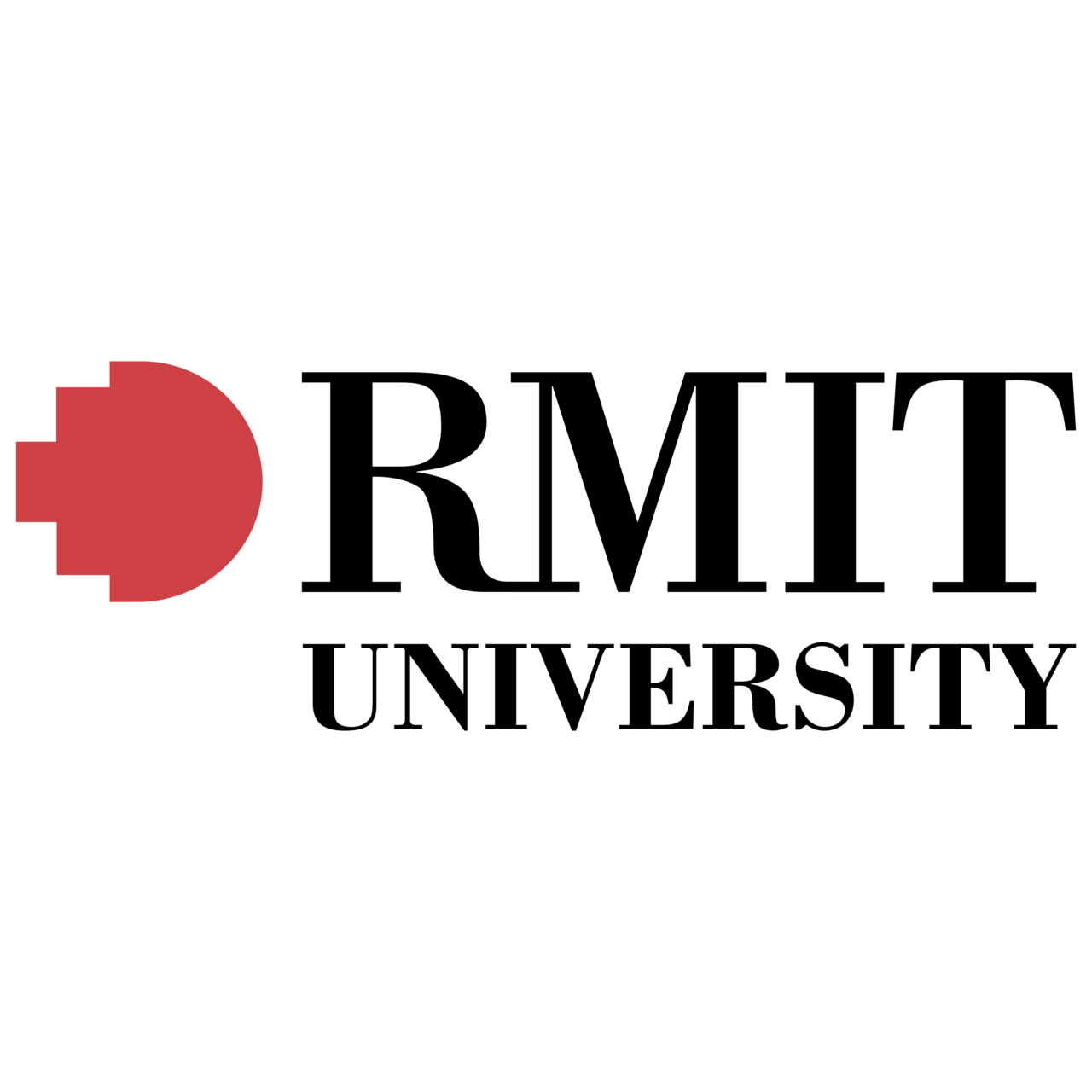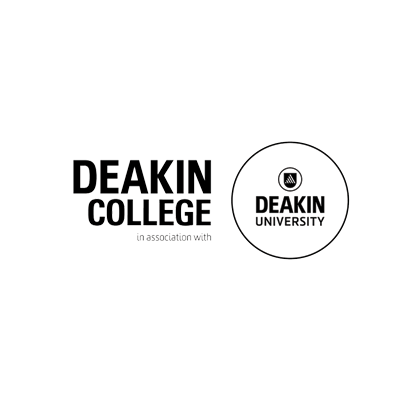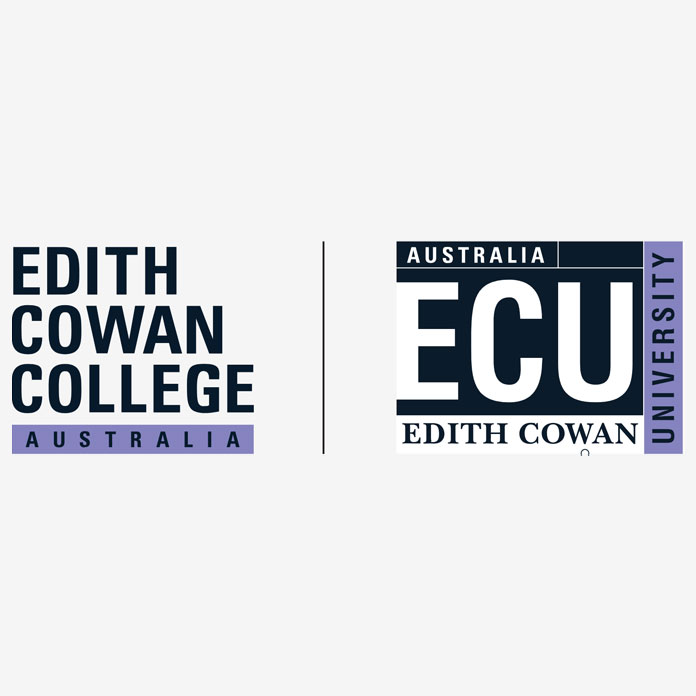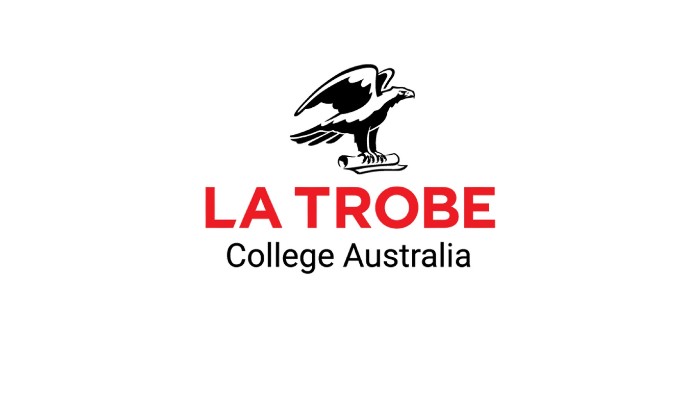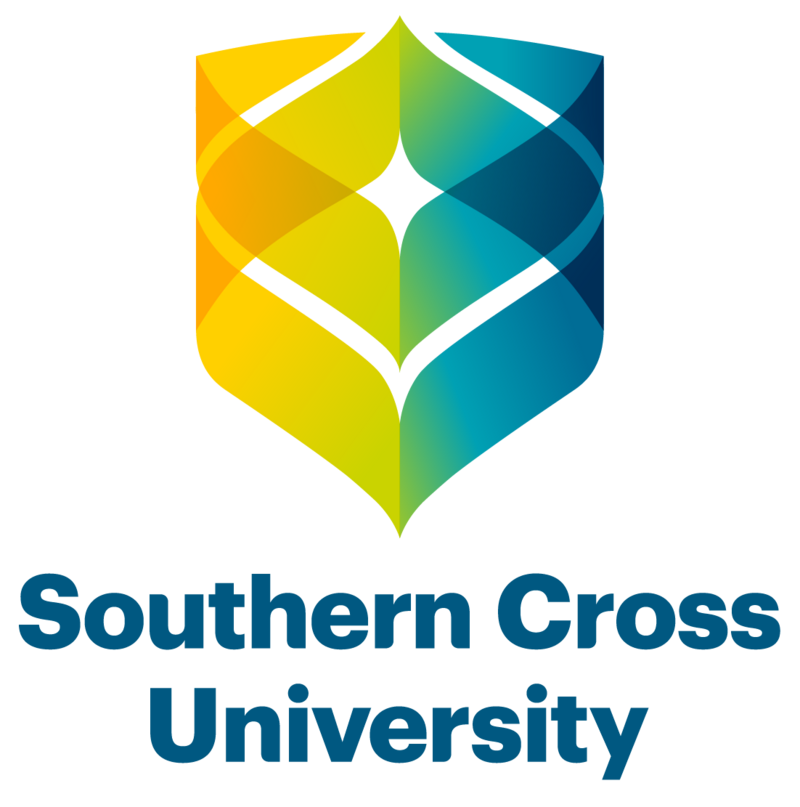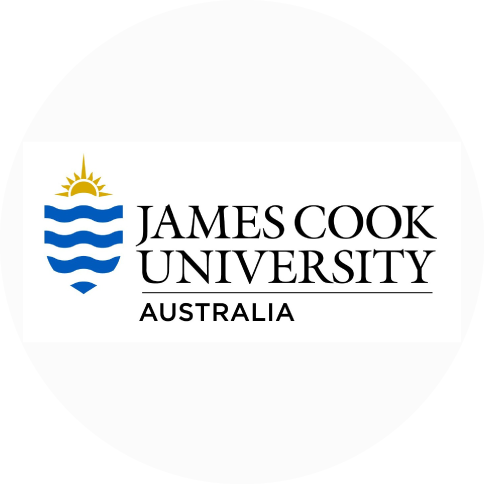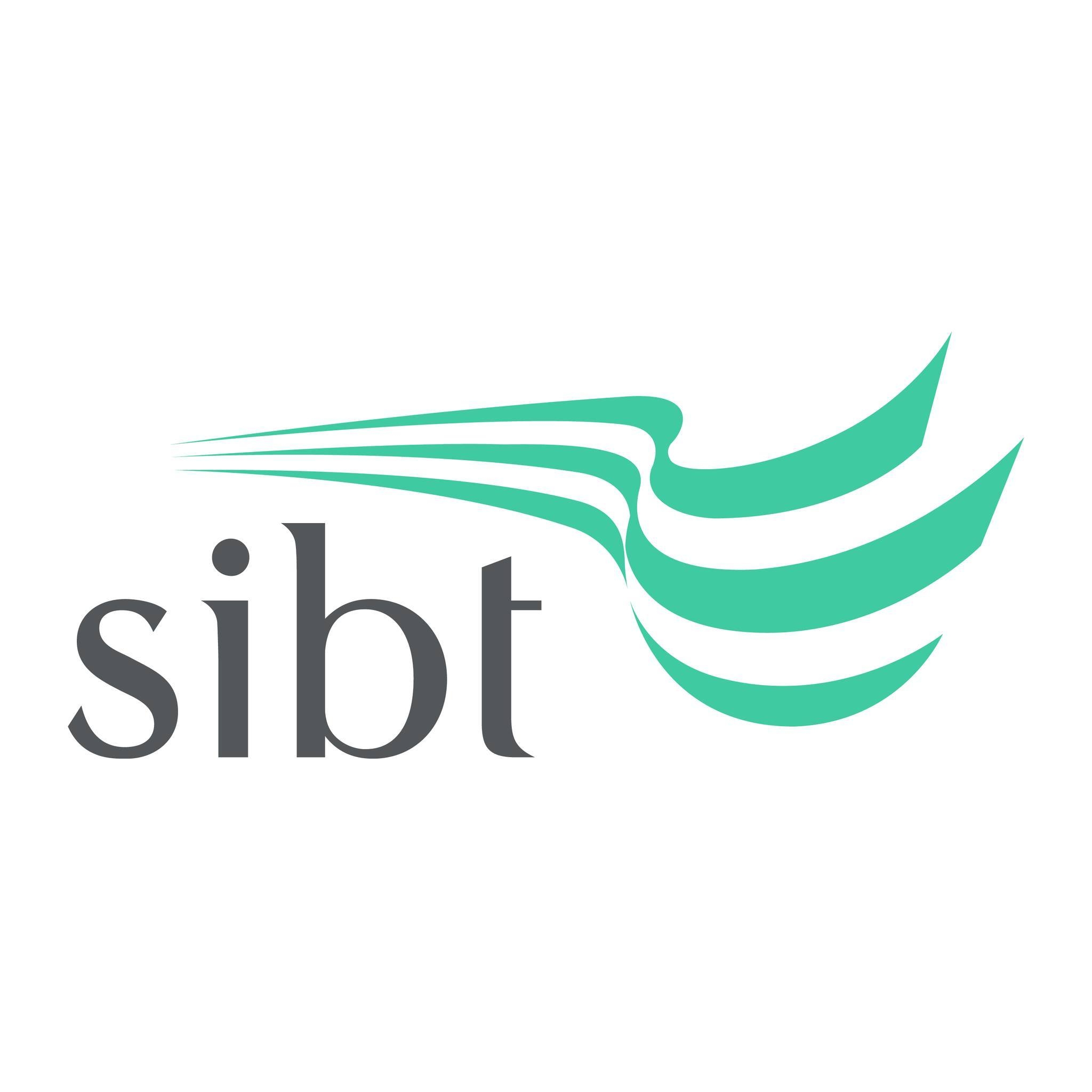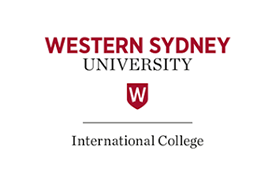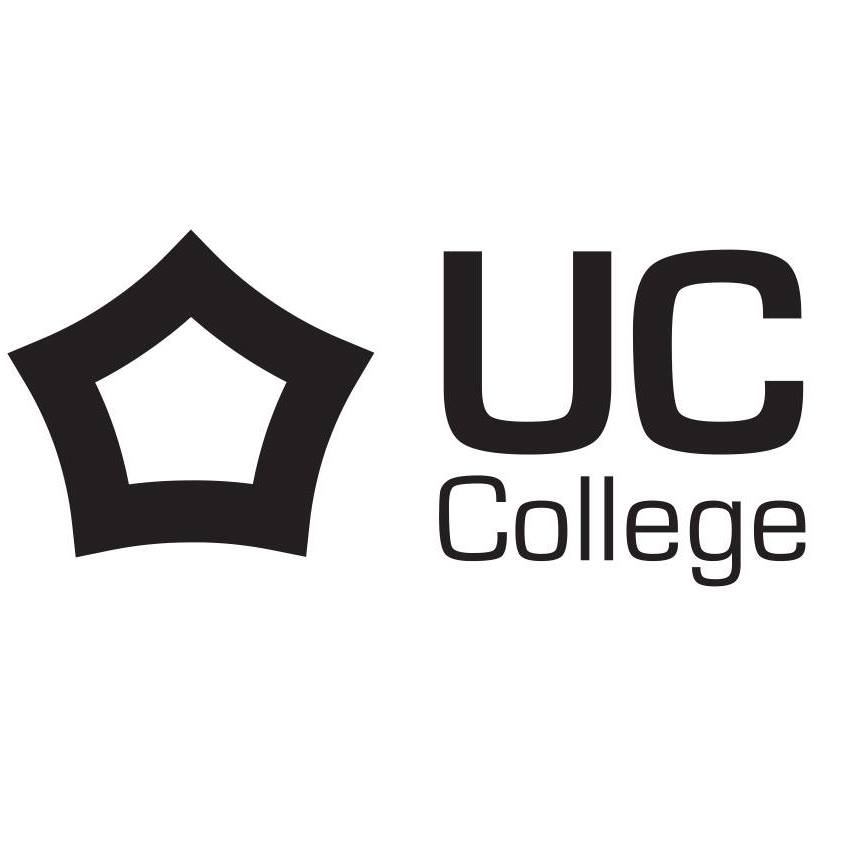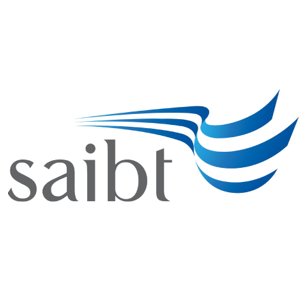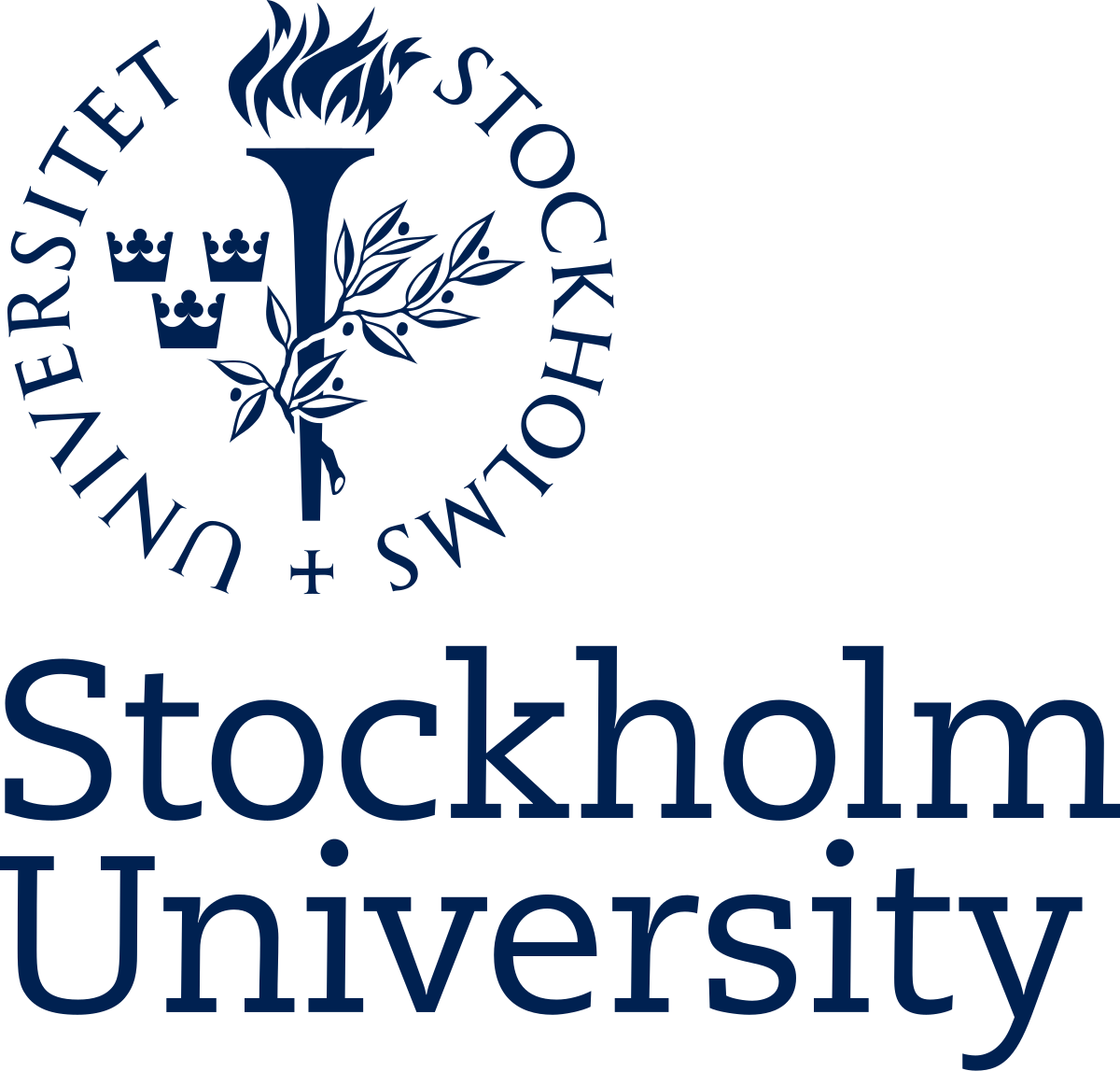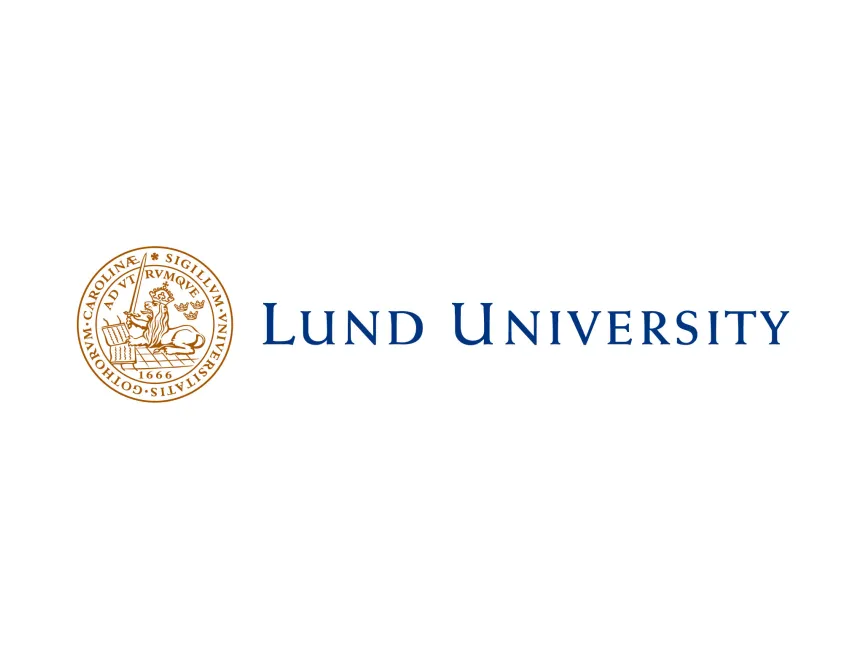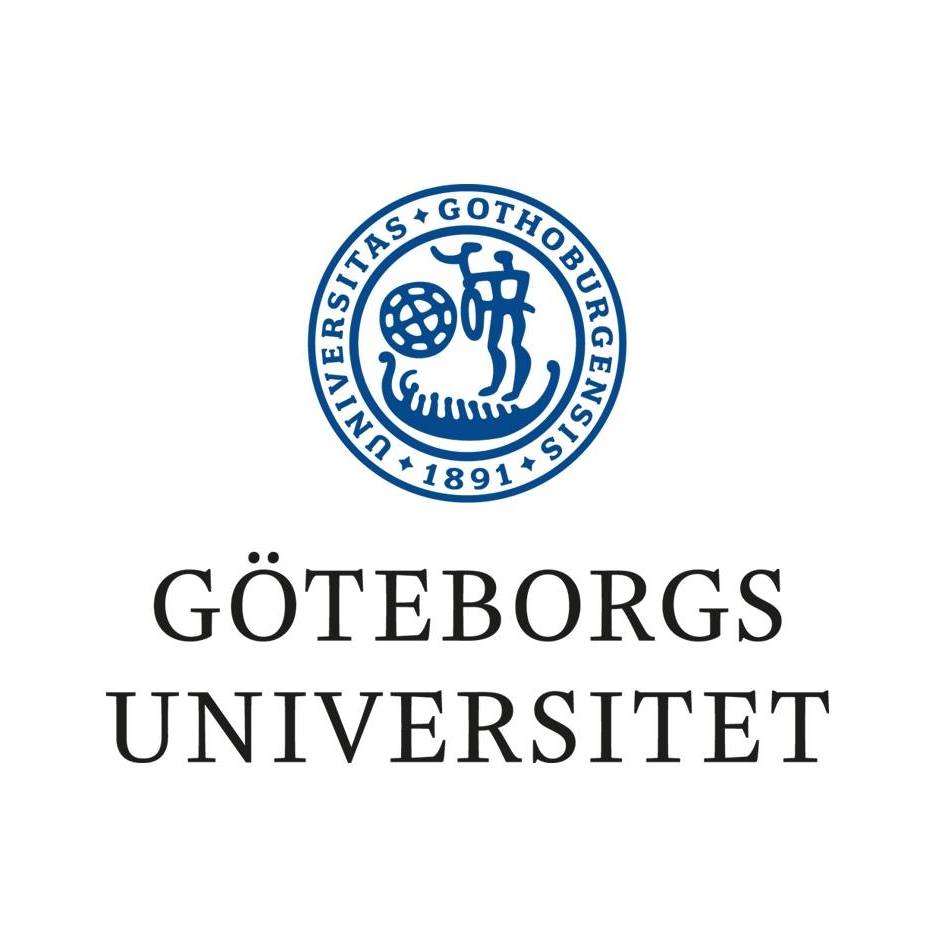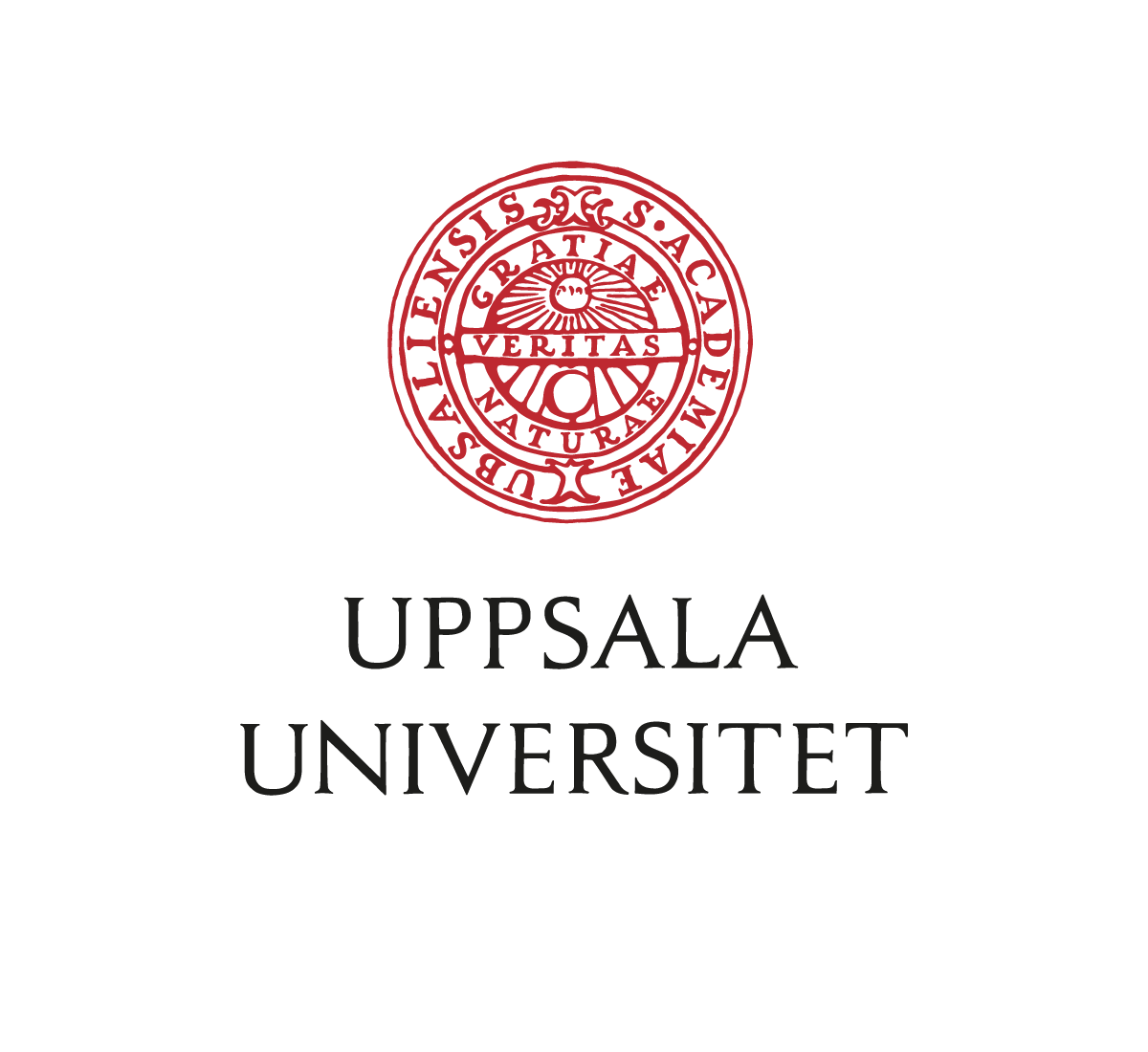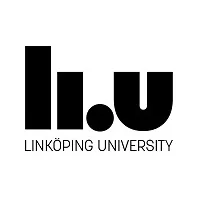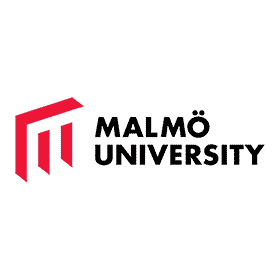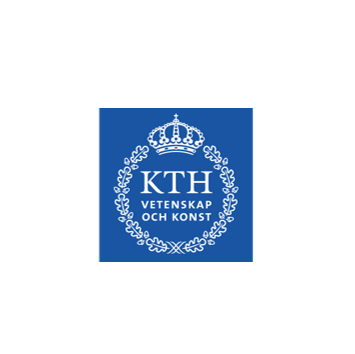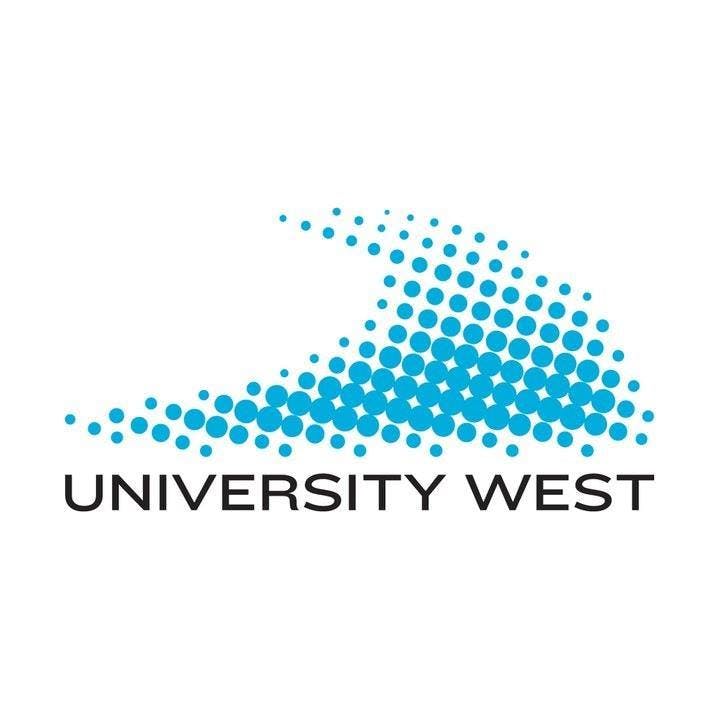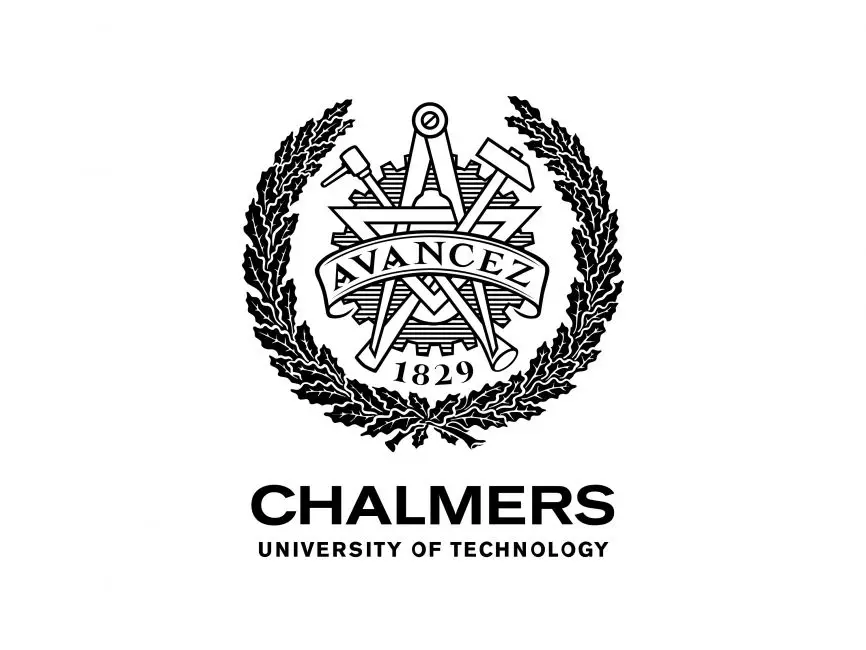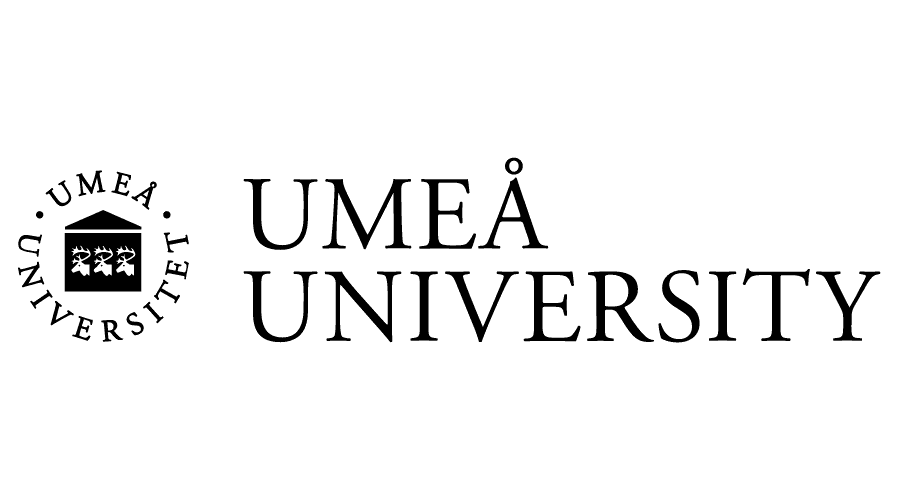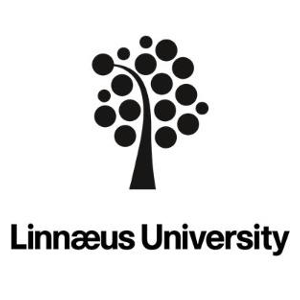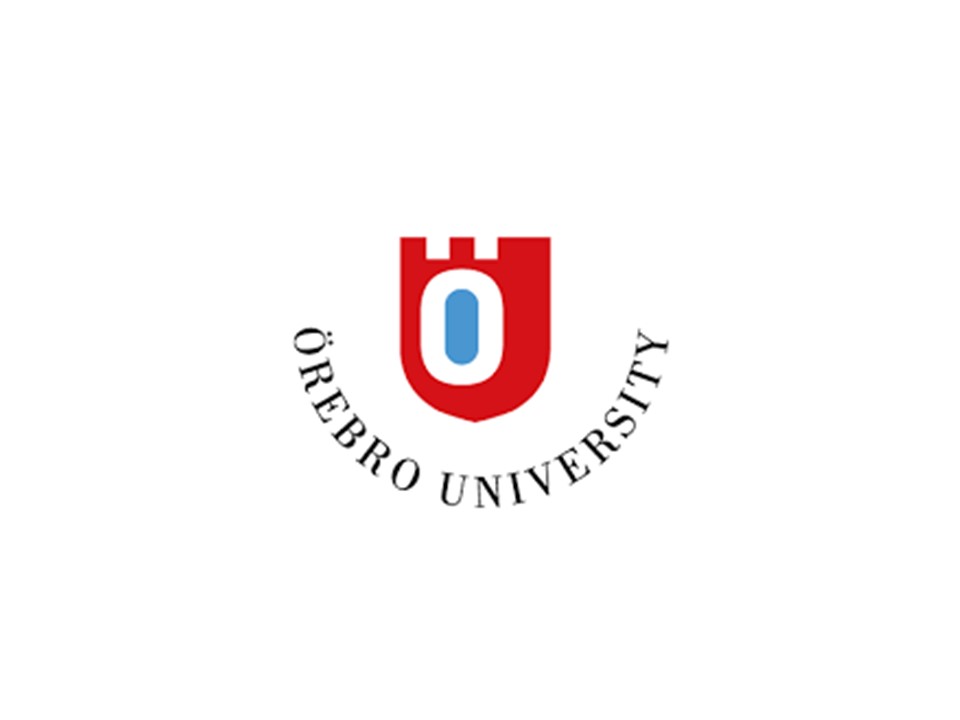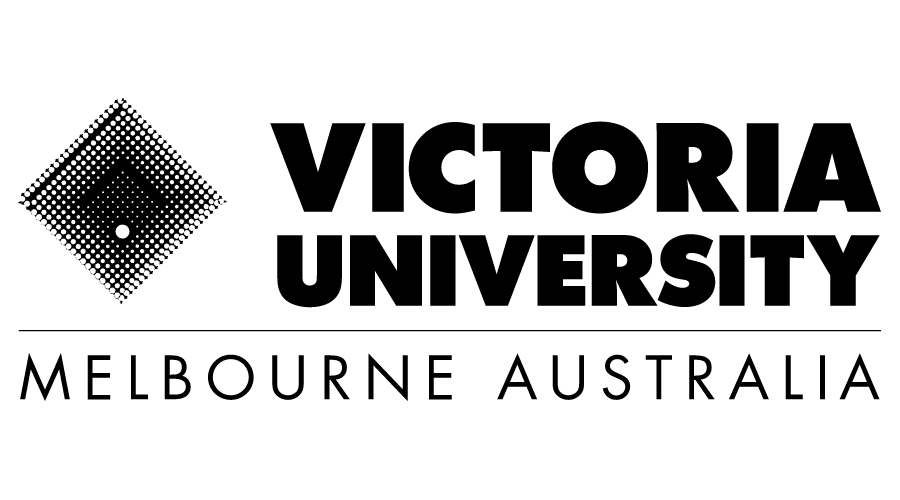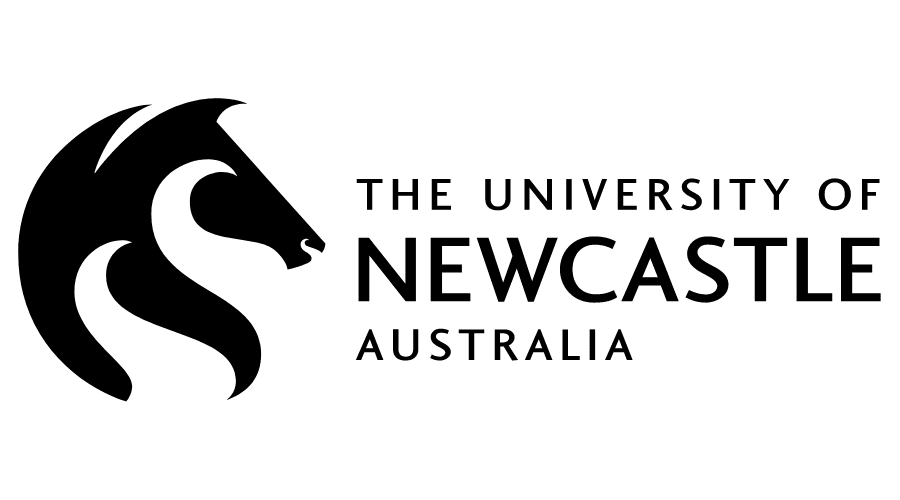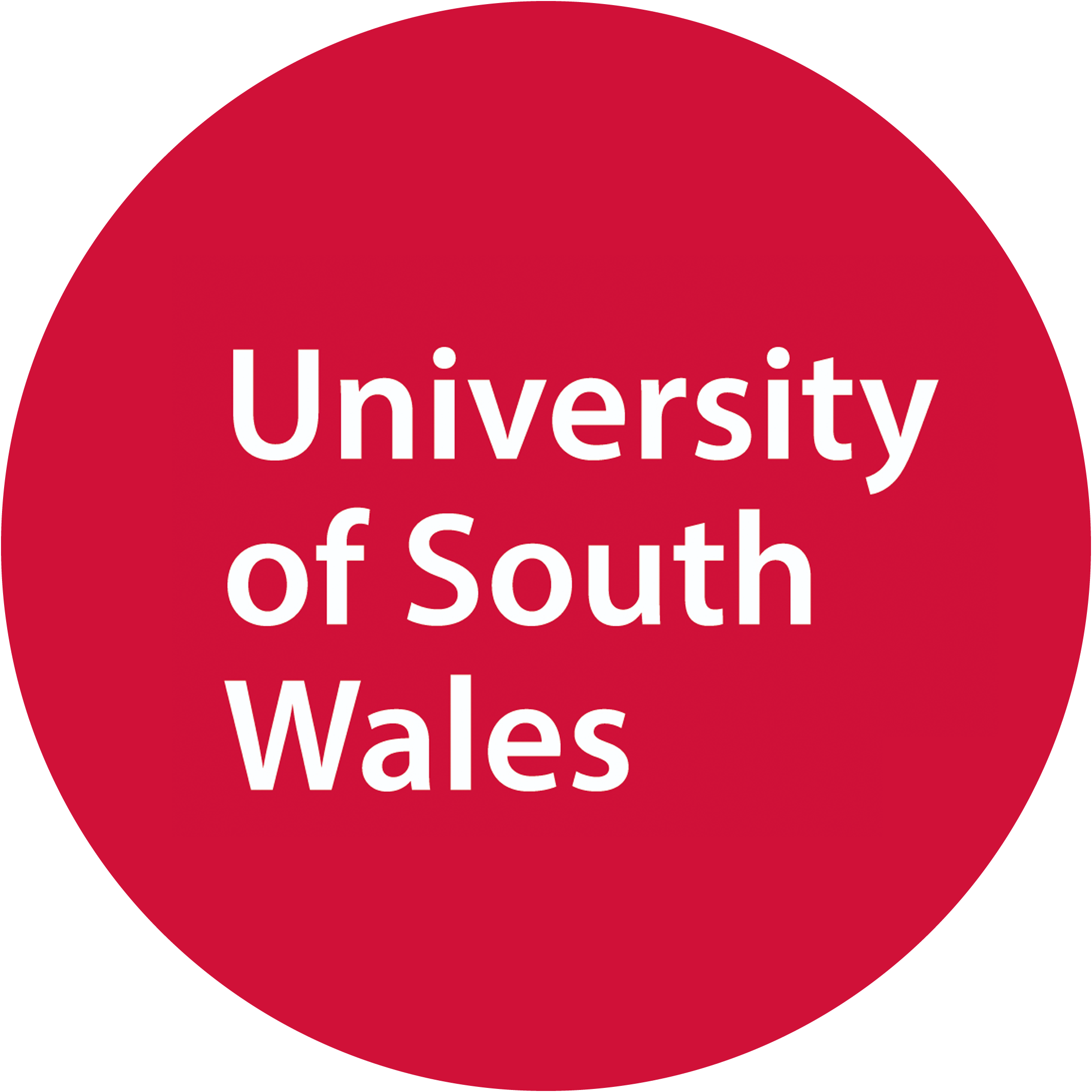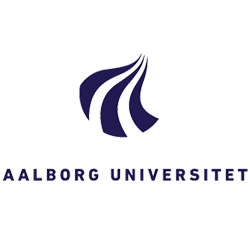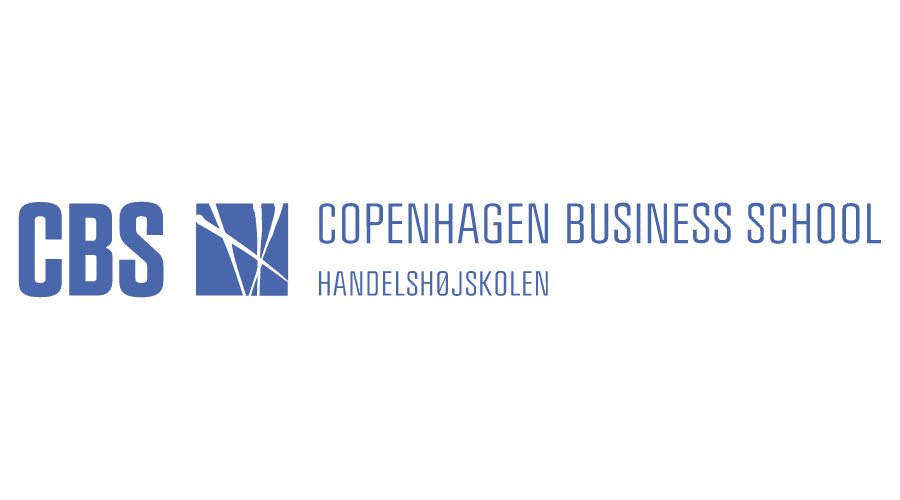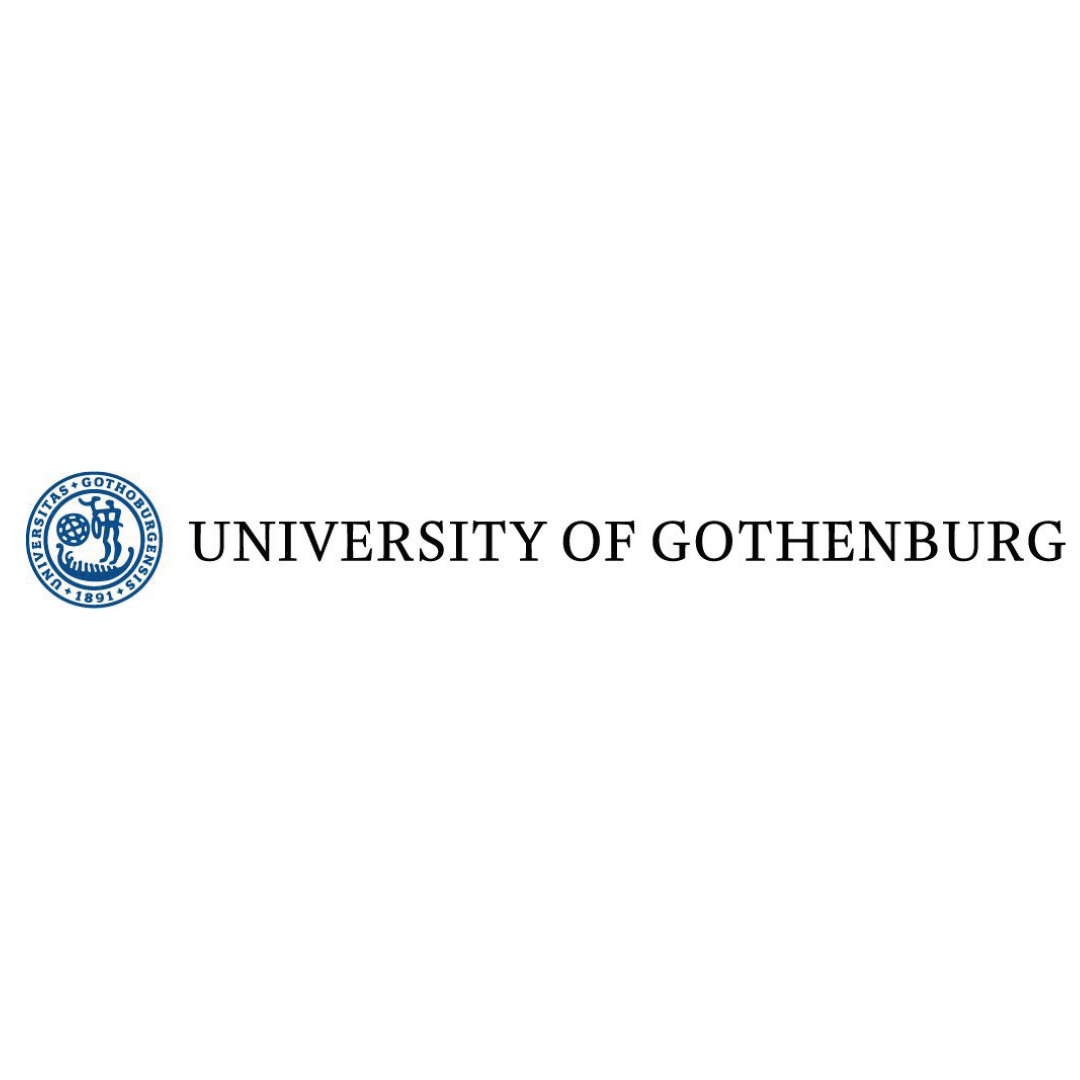The University of Skövde, established in 1977, is a dynamic institution located in Skövde, Sweden, known for its innovative approach to education and research. The university offers a diverse range of programs at the bachelor’s and master’s levels, with a strong emphasis on technology, health sciences, and social sciences. With a focus on practical learning and collaboration with industry, the university prepares students for real-world challenges. The campus features modern facilities and a vibrant student community, fostering creativity and critical thinking. Committed to sustainability and social responsibility, the University of Skövde equips graduates to make a positive impact in society.
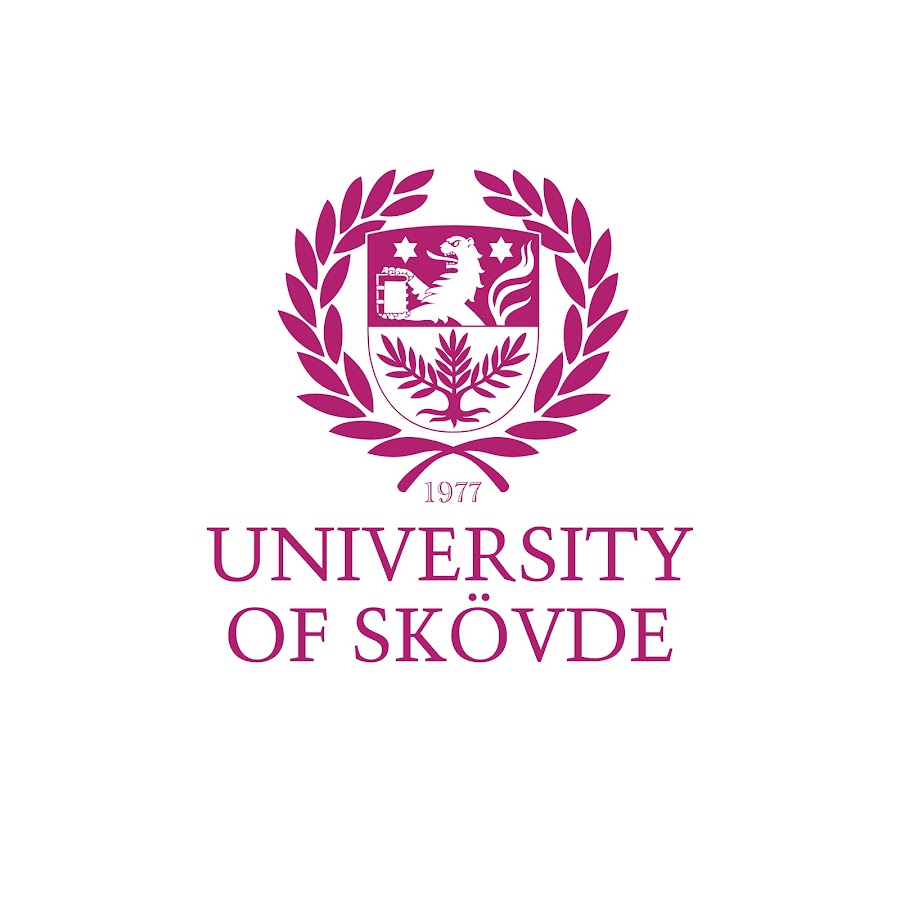
University of Skövde
Skövde, Sweden.
Högskolevägen 1, 541 28 Skövde, Sweden.
Course Details
Our university offers a one-year master's programme in Cognitive Neuroscience: Mind and Brain. The programme provides a sound basis for research and teaching at a higher level within cognitive neuroscience. After graduating, the majority of master's students have continued with doctoral studies at various universities, both in Sweden and abroad.
| Total Subjects | |
|---|---|
| Total Credits | 60 Credit |
| Intake | Autumn / Spring |
| English Proficiency Level | IELTS 6.5 |
| Duration | 1 year |
During the first year of the programme, you will learn the basics of laboratory work, cell biology, evolution, genetics, chemistry, microbiology and bioinformatics. You will acquire broad knowledge of bioscience, and the second year will include advanced studies within molecular biology with a focus on molecular biodesign, biomarkers and laboratory work. You will also learn how to use various types of software to support biomolecular design. During the third year, you will study project management and entrepreneurship, and will apply your knowledge in a practical molecular biodesign project. The whole of the final semester involves working on an experimental bioscience degree project. Teaching takes place in English.
| Total Subjects | |
|---|---|
| Total Credits | 180 Credit |
| Intake | Autumn / Spring |
| English Proficiency Level | IELTS 6.5 |
| Duration | 3 years |
The curriculum consists of basic courses in biology and chemistry, in order to acquire the necessary knowledge for continued studies and you will get a good basic knowledge of how the body of a healthy person works. You will then continue to study various disease onsets/occurrences and how drugs are used to cure diseases. You will be trained in laboratory practices and scientific methods. During the final semester you will choose your thesis subject area within the field of biomedicine, which can be carried out either at an academic institution or at companies, such as a pharmaceutical company, in Sweden or abroad.
| Total Subjects | |
|---|---|
| Total Credits | 180 Credit |
| Intake | Autumn / Spring |
| English Proficiency Level | IELTS 6.5/5.5 |
| Duration | 3 years |
The programme is one year long and the first two courses you study are Human Genetics and Translational Genetics. These courses provide a broad introduction to the field of human genetics, and how the interaction between genetics and environment affects human characteristics and diseases. The following course focuses on biomedical and digital tools. You will also learn methods for analysing biomedical research questions and data management, including the analysis of large-scale genetic data. This course also serves as preparation for the degree project. The second semester is dedicated to the degree project where you will conduct an individual biomedical scientific experiment. There is an opportunity to carry out the degree project at a company or another university.
| Total Subjects | |
|---|---|
| Total Credits | 60 Credit |
| Intake | Autumn / Spring |
| English Proficiency Level | IELTS 6.5/5.5 |
| Duration | 1 year |
Engineers have a major impact on the development of a sustainable society and work within various fields all over the world. As an engineer, you will face challenges that will demand new and creative solutions on a daily basis. Our international master's programmes within engineering and technology are designed to give you the expertise to have a leading role in the digitalised smart industry of tomorrow.
| Total Subjects | |
|---|---|
| Total Credits | 120 Credit |
| Intake | Autumn / Spring |
| English Proficiency Level | IELTS 6.5 |
| Duration | 2 years |
In the future smart factory, digitalisation will not be limited to machine equipment and production systems, but also greatly affect the daily work of both management and operators. The machine and production equipment will be designed, constructed, launched and run based on models, simulations and optimisations using artificial intelligence and other advanced computer technologies. High demands on productivity and deliveries are today a matter of course in modern industry, while business and sustainable development are natural elements in all activities.
| Total Subjects | |
|---|---|
| Total Credits | 120 Credit |
| Intake | Autumn / Spring |
| English Proficiency Level | IELTS 6.5 |
| Duration | 2 years |
The master program Virtual Ergonomics and Design gives you tools to use digital technology to evaluate ergonomics but also customize technology and information based on user´s cognitive abilities and limitations.
| Total Subjects | |
|---|---|
| Total Credits | 120 Credit |
| Intake | Autumn / Spring |
| English Proficiency Level | IELTS 6.5 |
| Duration | 2 years |
The first year of the curriculum contains introductory courses in bioinformatics, chemistry, cell biology and genetics. The focus of the first year is on applied bioinformatics and basic knowledge in the biosciences. The second year focuses on knowledge and skills in handling and analysing biological data. You will also gain additional knowledge in genetics, programming and statistics. In the third year you have the opportunity to specialize in software development in bioinformatics, but you can additionally also study project management and entrepreneurship. The study program ends with a dissertation project comprising 30 ECTS credits. During your studies, lectures will be mixed with biological experiments and computer laboratory work. You will learn how to use various computerized tools for compiling and analyzing data from research projects and biological experiments, for example, sequence analysis and gene expression analysis. The language of tuition is English.
| Total Subjects | |
|---|---|
| Total Credits | 180 Credit |
| Intake | Autumn / Spring |
| English Proficiency Level | IELTS 6.5/5.5 |
| Duration | 3 years |
The first year of the curriculum contains introductory courses in bioinformatics, chemistry, cell biology and genetics. The focus of the first year is on applied bioinformatics and basic knowledge in the biosciences. The second year focuses on knowledge and skills in handling and analysing biological data. You will also gain additional knowledge in genetics, programming and statistics. In the third year you have the opportunity to specialize in software development in bioinformatics, but you can additionally also study project management and entrepreneurship. The study program ends with a dissertation project comprising 30 ECTS credits.
| Total Subjects | |
|---|---|
| Total Credits | 180 Credit |
| Intake | Autumn / Spring |
| English Proficiency Level | IELTS 6.5/5.5 |
| Duration | 3 years |
This is a one-year study programme, and the first semester comprises four courses. The first two courses are Concepts and Methods of Bioinformatics and Bioinformatical Analysis with Python. These courses provide both a broad introduction to the field and a basic grounding in programming and algorithm development. They are followed by Bioinformatical Analysis with R and The Bioinformatical Research Process. Bioinformatical Analysis with R introduces the R programming language and the statistical analysis of large-scale biological data. The Bioinformatical Research Process includes a series of seminars that provide an insight into relevant research. This also constitutes a preparatory course for the degree project. The second semester is devoted to the degree project, in which you will formulate and work with a relevant research problem.
| Total Subjects | |
|---|---|
| Total Credits | 60 Credit |
| Intake | Autumn / Spring |
| English Proficiency Level | IELTS 6.5 |
| Duration | 1 year |
The University of Skövde offers a one-year master’s programme in Cognitive Neuroscience: Mind and Brain, taught entirely in English. This is a demanding master’s programme for students with a background in cognitive neuroscience / neuroscience or consciousness studies, or in closely related subjects. It may also be suitable as a conversion programme for students with an interest in these subject areas and a background in a subject such as psychology, cognitive science, or philosophy. The programme provides a sound basis for research and teaching at a higher level within cognitive neuroscience. It requires ongoing, focused studies over the course of a year (two consecutive semesters).
| Total Subjects | |
|---|---|
| Total Credits | 60 Credit |
| Intake | Autumn / Spring |
| English Proficiency Level | IELTS 6.5 |
| Duration | 1 year |
The first year of the curriculum contains introductory courses in bioinformatics, chemistry, cell biology and genetics. The focus of the first year is on applied bioinformatics and basic knowledge in the biosciences. The second year focuses on knowledge and skills in handling and analysing biological data. You will also gain additional knowledge in genetics, programming and statistics. In the third year you have the opportunity to specialize in software development in bioinformatics, but you can additionally also study project management and entrepreneurship. The study program ends with a dissertation project comprising 30 ECTS credits. During your studies, lectures will be mixed with biological experiments and computer laboratory work. You will learn how to use various computerized tools for compiling and analyzing data from research projects and biological experiments, for example, sequence analysis and gene expression analysis. The language of tuition is English.
| Total Subjects | |
|---|---|
| Total Credits | 180 Credit |
| Intake | Autumn / Spring |
| English Proficiency Level | IELTS 6.5 |
| Duration | 2 years |
The courses in the programme give you a holistic view of the field through practical and theoretical system administration courses, network courses, and security courses. The programme also includes courses focusing on administrative security and how cyber security can contribute to a sustainable society. During the first year of the programme, you gain basic knowledge of information security, system administration, data communication, databases, and programming. In the second year, you will get deeper knowledge within data communication, network security, and operating systems. The second year also introduces you to IT forensics and the work as a cyber security specialist. In the third year, you can study abroad or continue to immerse yourself in cyber security, risk management and wireless networks. The education ends with a degree project. During the programme, you will have the opportunity to collaborate with companies and other organisations to prepare you for your future professional role. When you finish your studies, you will have a deep knowledge of how digital systems are implemented, monitored, attacked, and protected.
| Total Subjects | |
|---|---|
| Total Credits | 180 Credit |
| Intake | Autumn / Spring |
| English Proficiency Level | IELTS 6.5 |
| Duration | 3 years |
Semester 1- Introduction to Data Science, A1N, 15 creditsArtificial Intelligence A1N, 7,5 creditsData Mining A1F, 7,5 credits Semester 2 - Big Data Programming A1F, 7,5 credits Visual Data Analysis A1N, 7,5 credits Master Degree Project in Informatics with a Specialization in Data Science, 15 credits
| Total Subjects | |
|---|---|
| Total Credits | 60 Credit |
| Intake | Autumn / Spring |
| English Proficiency Level | IELTS 6.5 |
| Duration | 1 year |

About Skövde!
Why Study in Skövde?
Studying at the University of Skövde offers a unique blend of academic excellence and practical experience. The university is known for its strong focus on technology, health sciences, and social sciences, providing students with relevant skills for today’s job market. With modern facilities and a collaborative learning environment, students benefit from personalized attention and close interactions with faculty. The university emphasizes innovation and entrepreneurship, fostering creativity and critical thinking. Located in a vibrant city, students enjoy a dynamic campus life alongside opportunities for internships and industry partnerships, preparing them to become leaders and problem-solvers in their fields.

